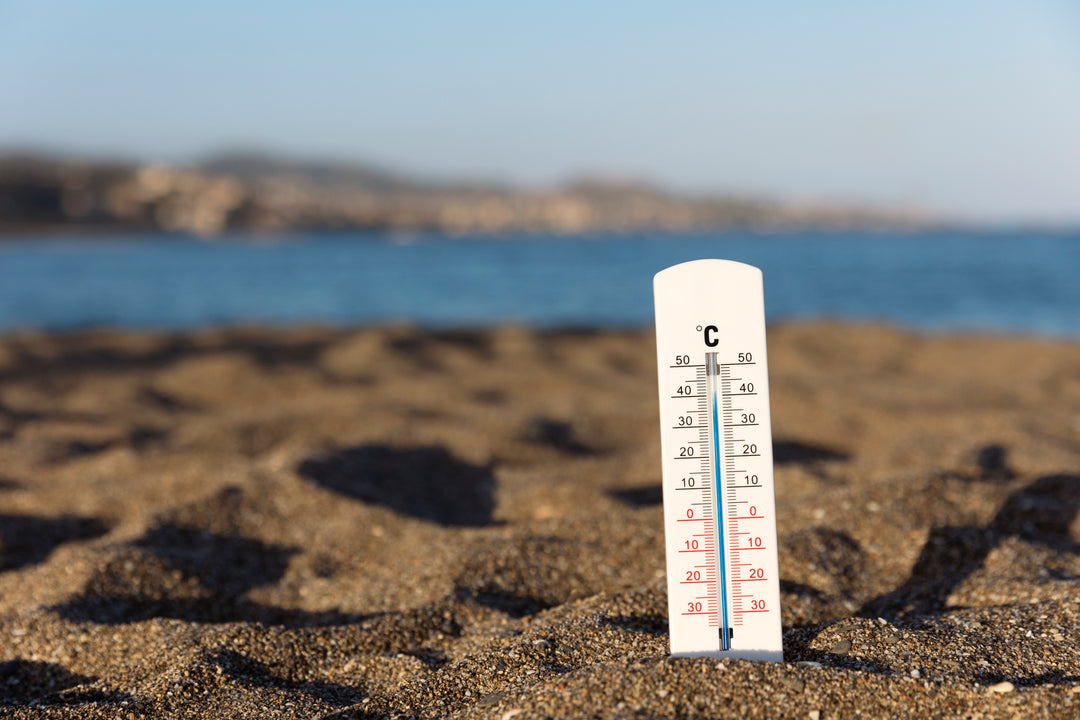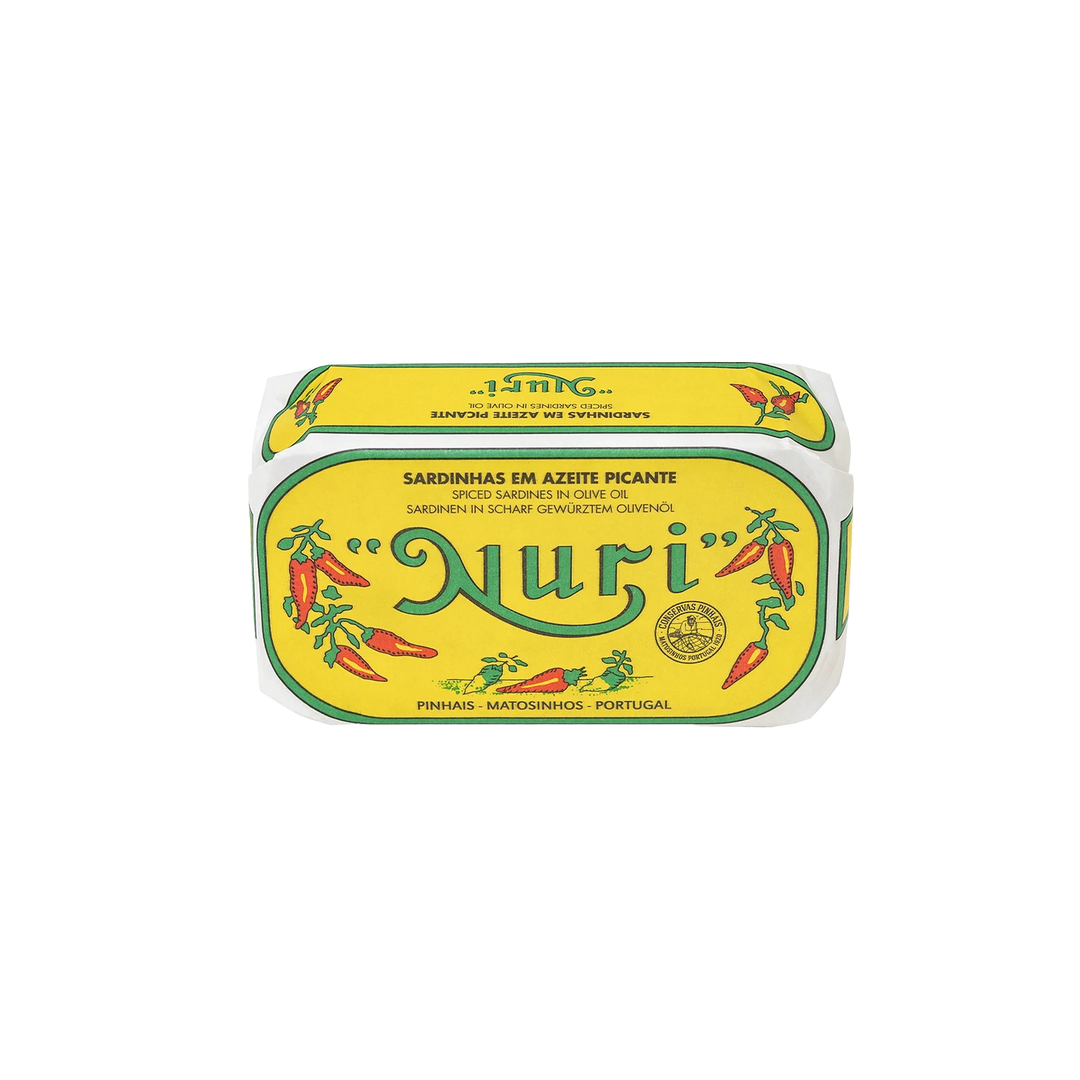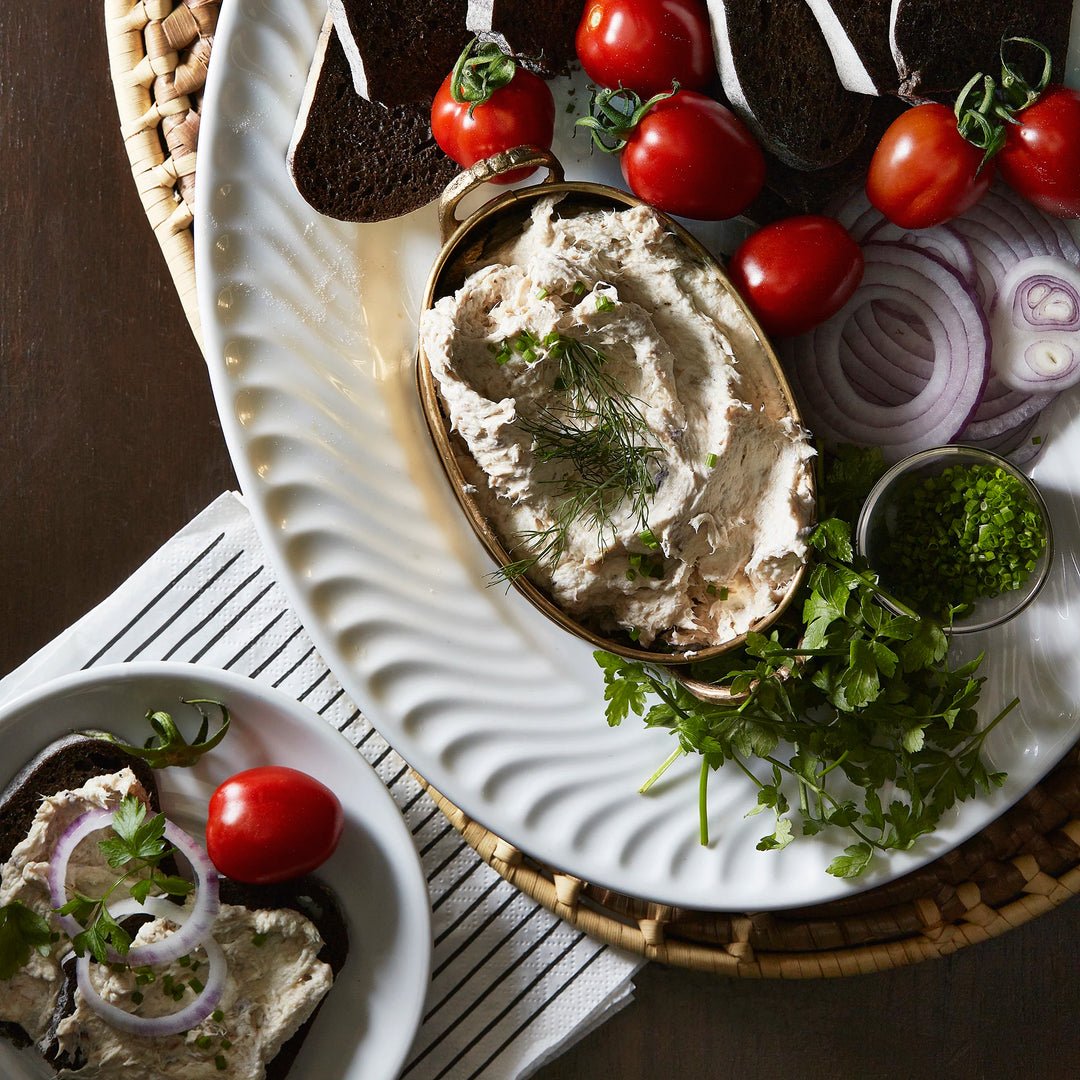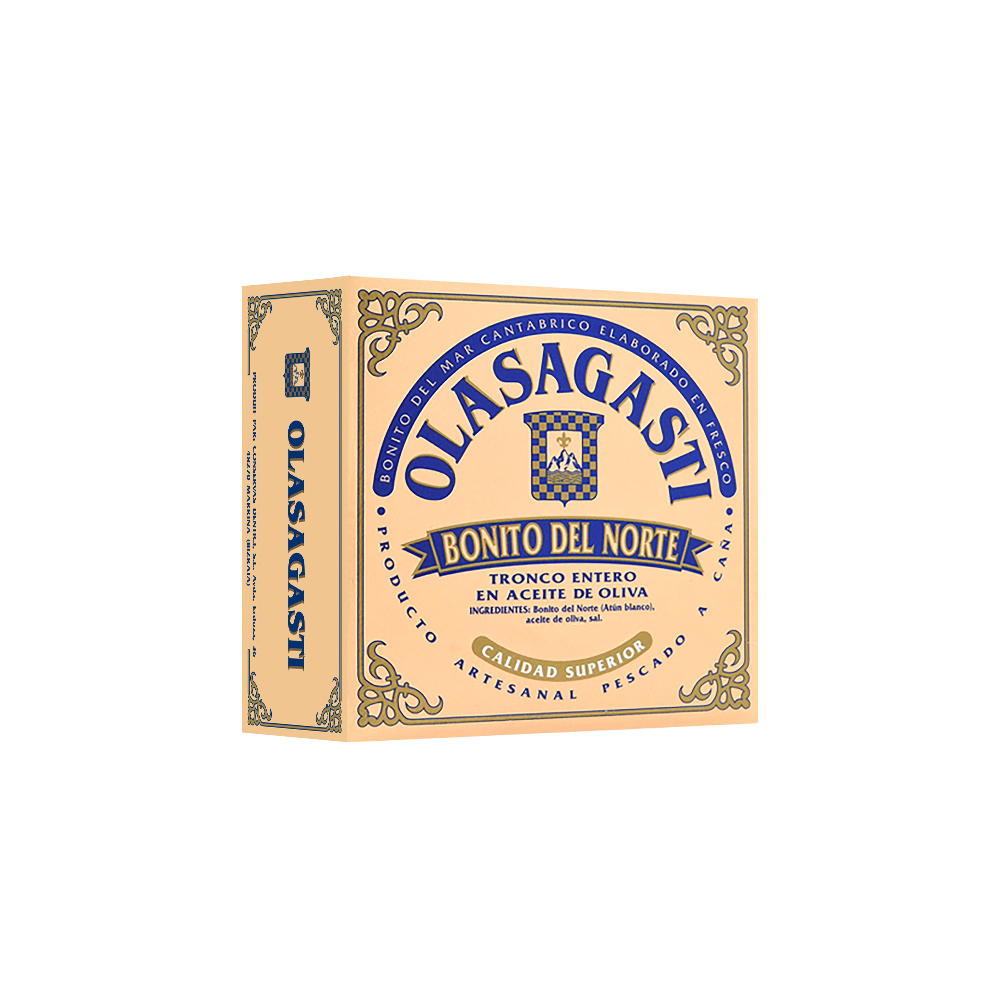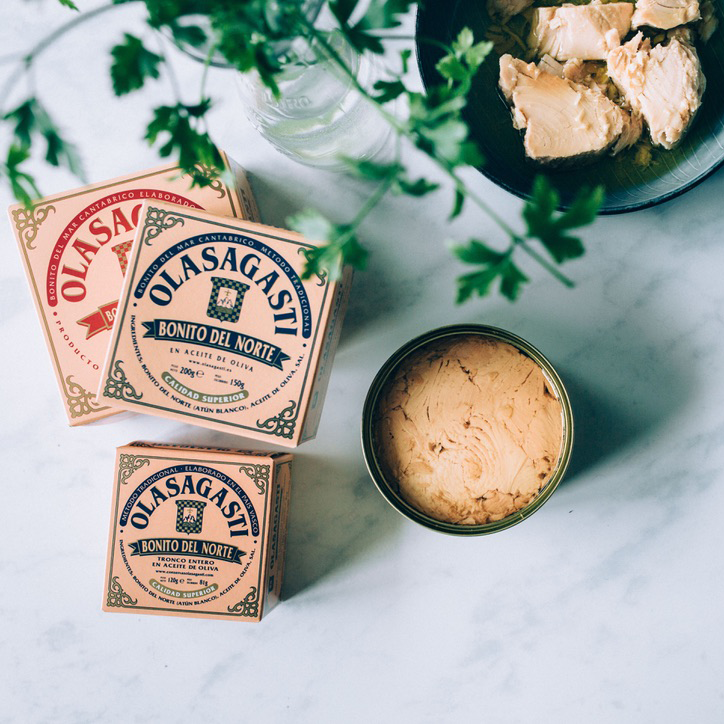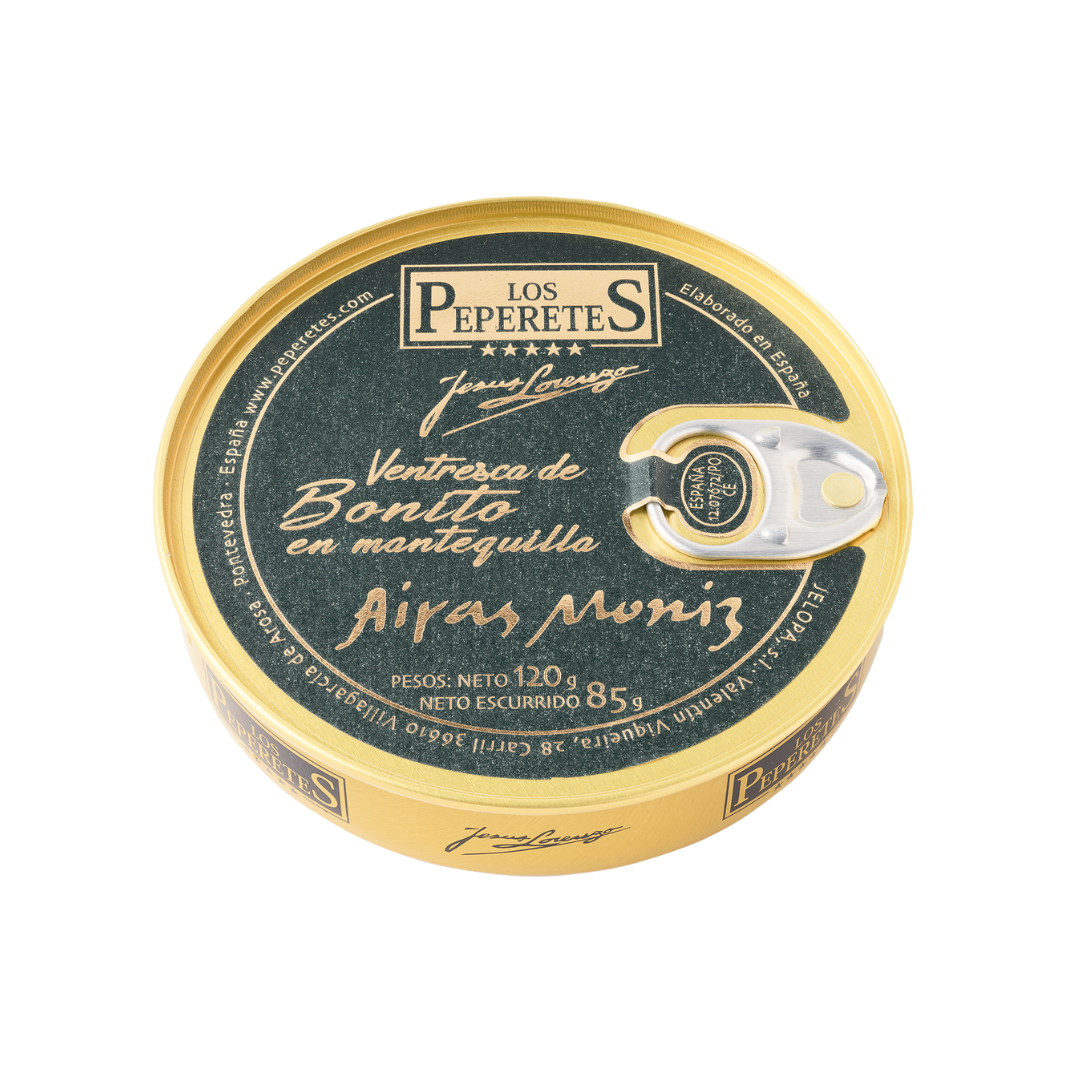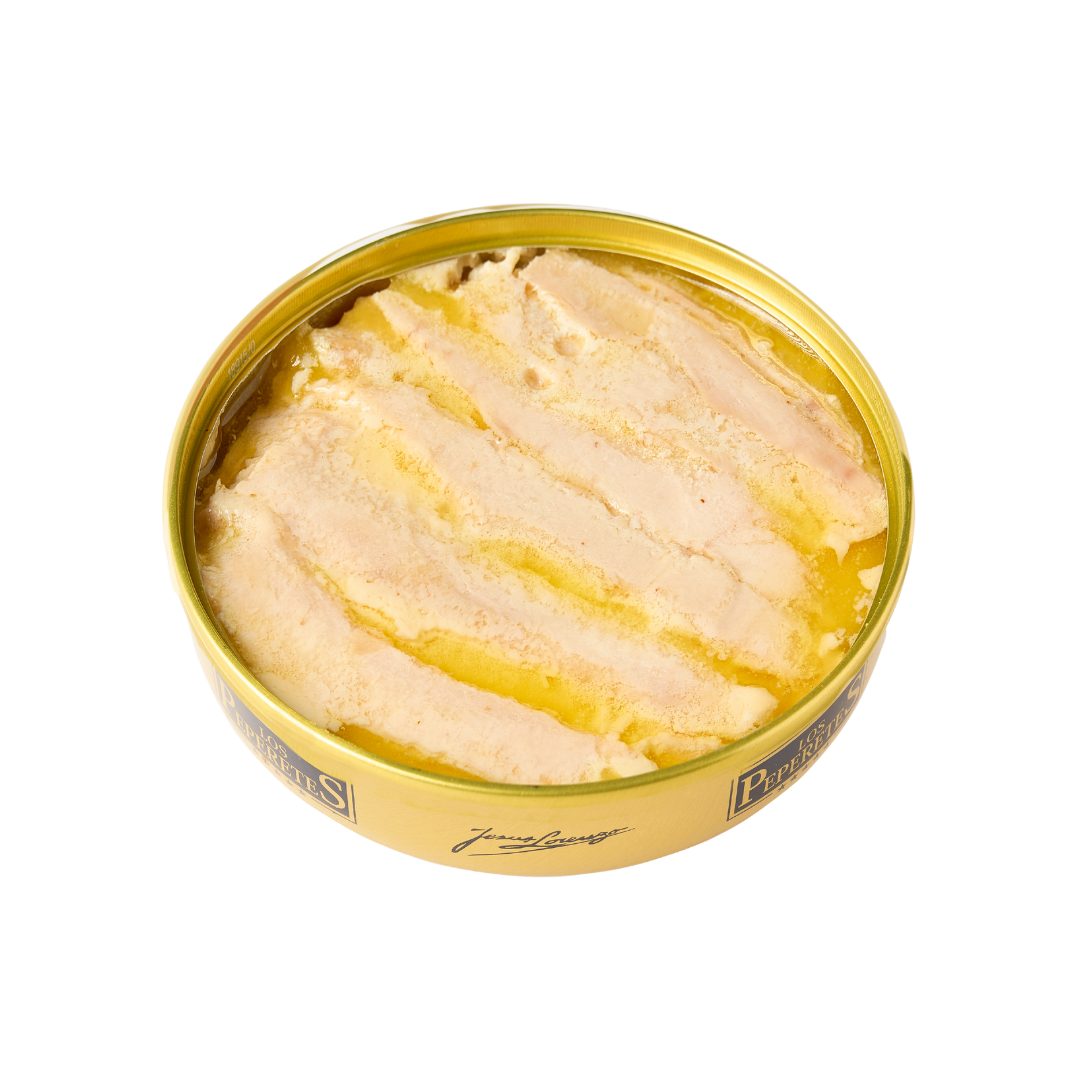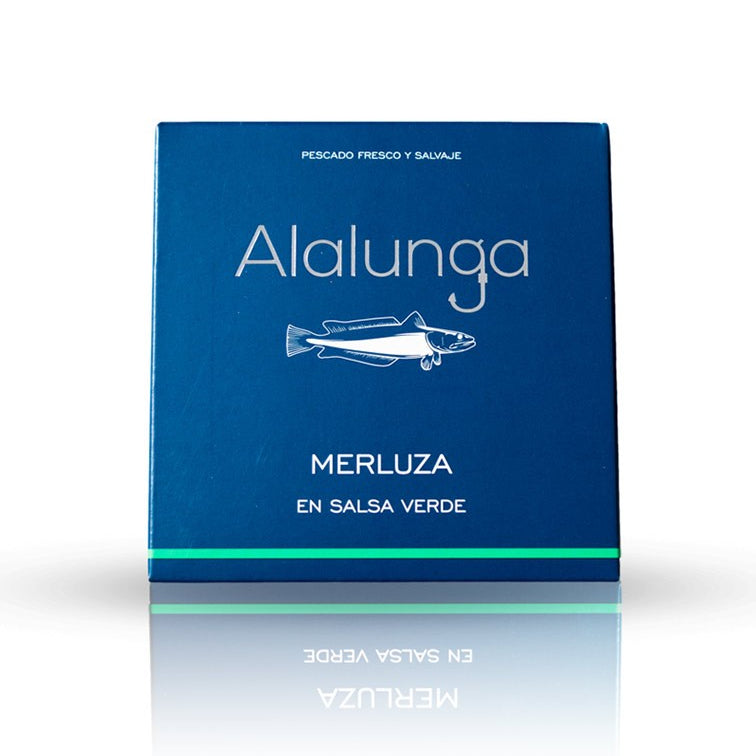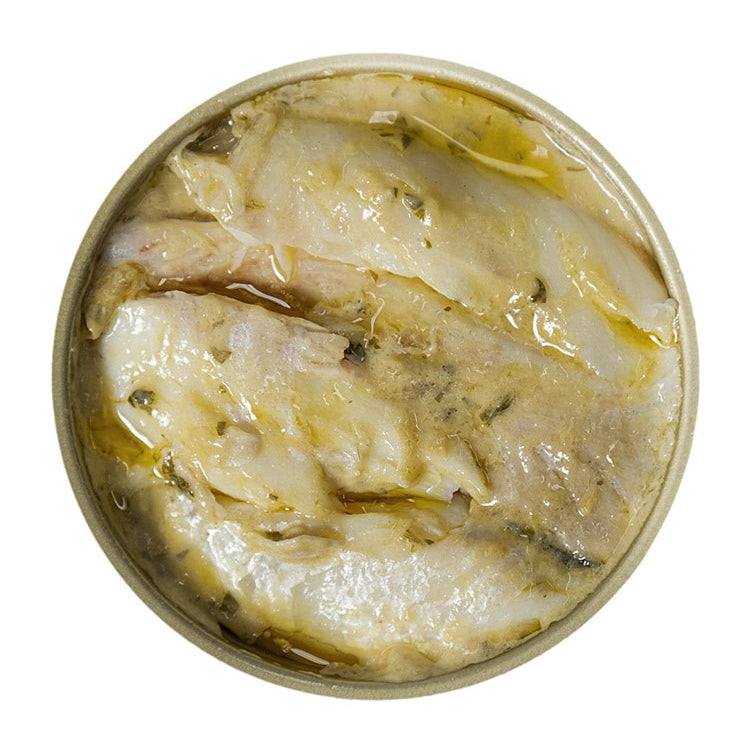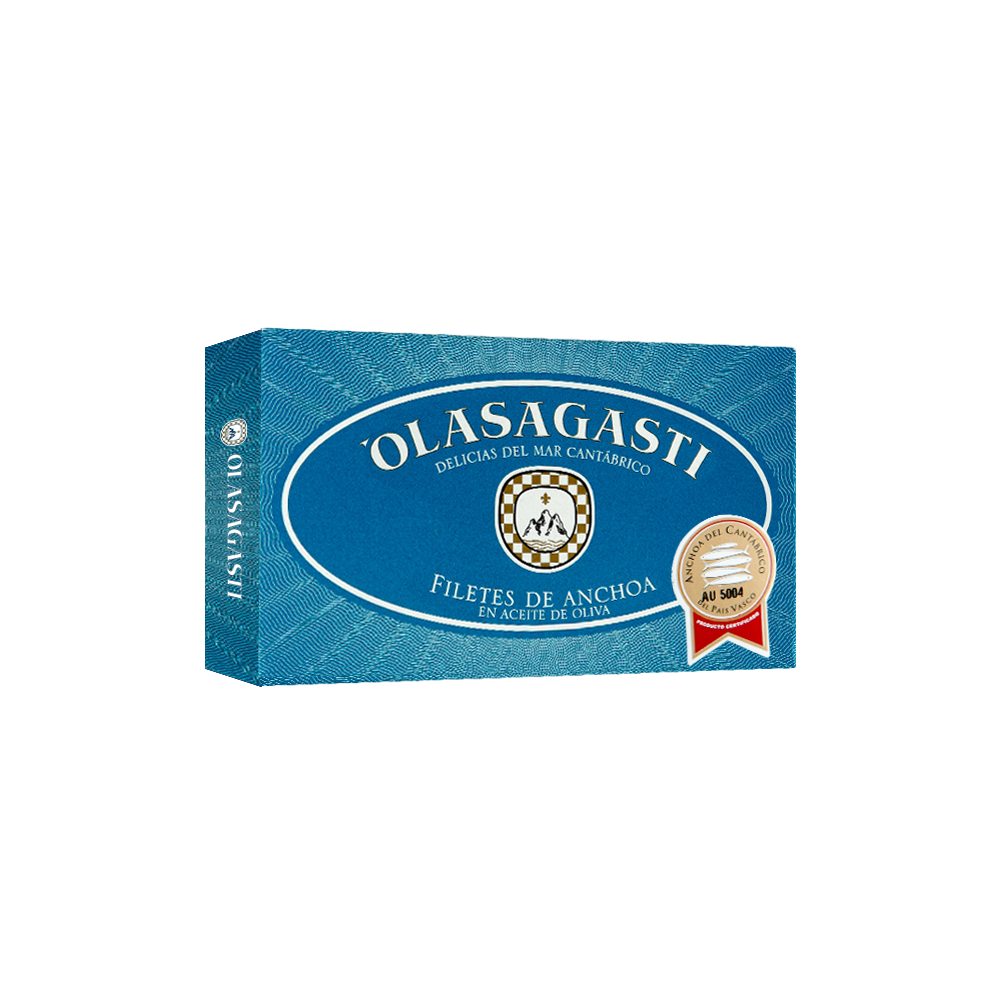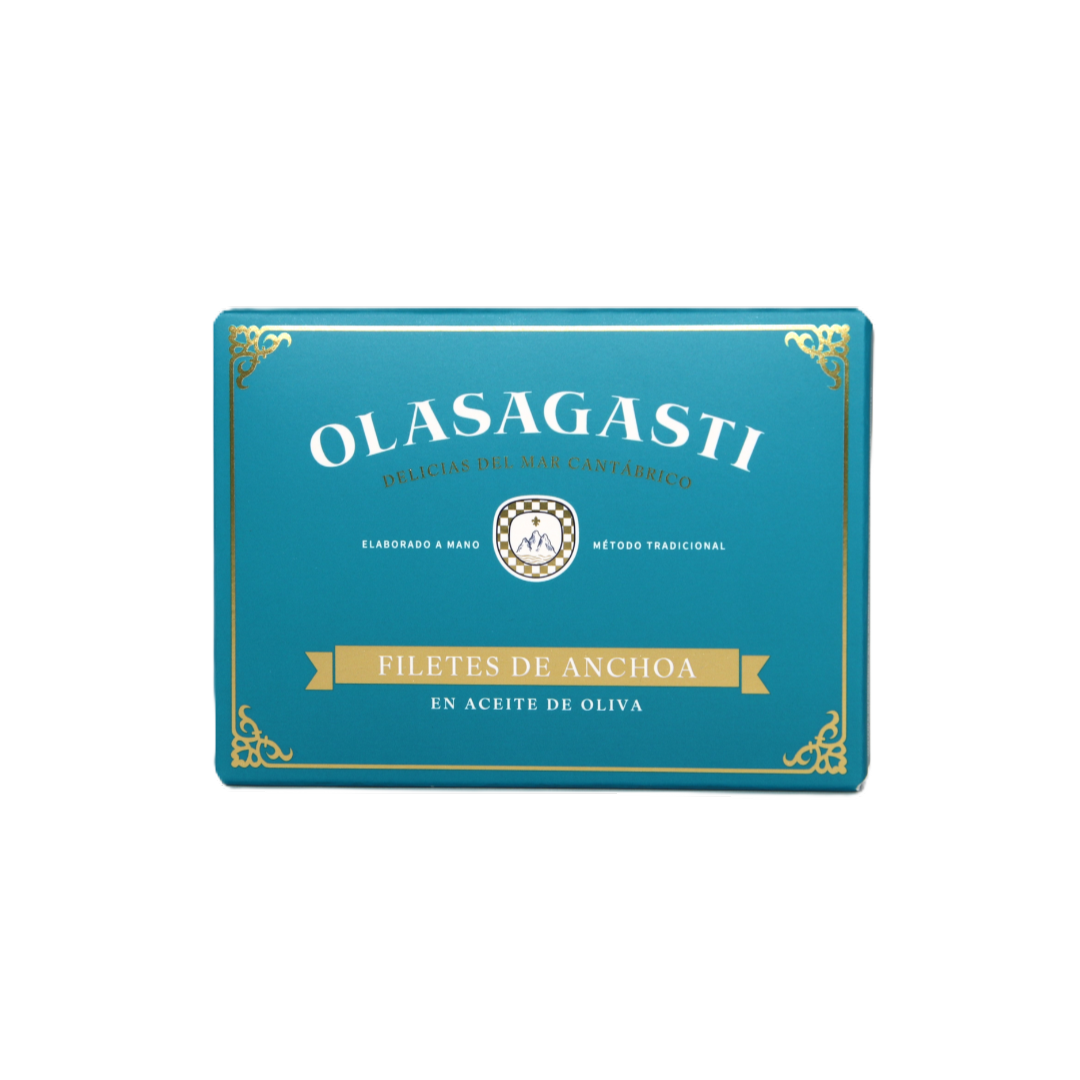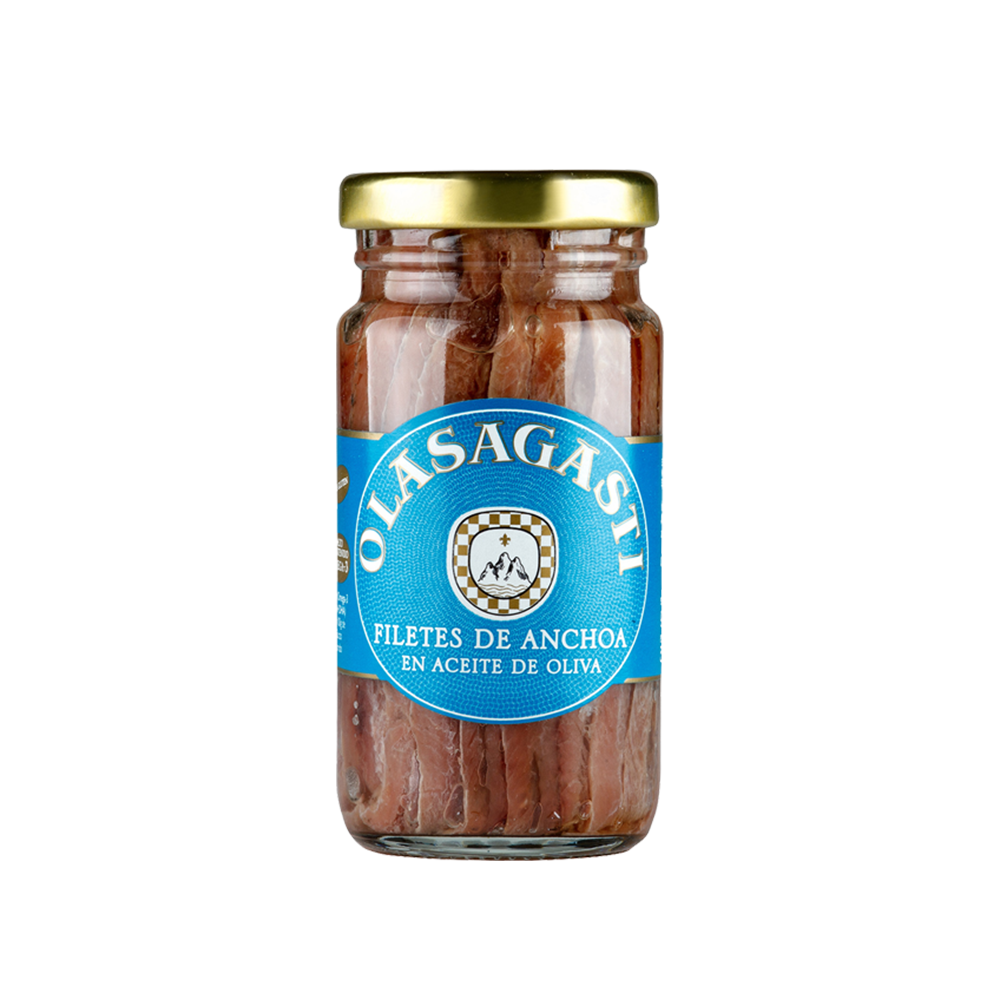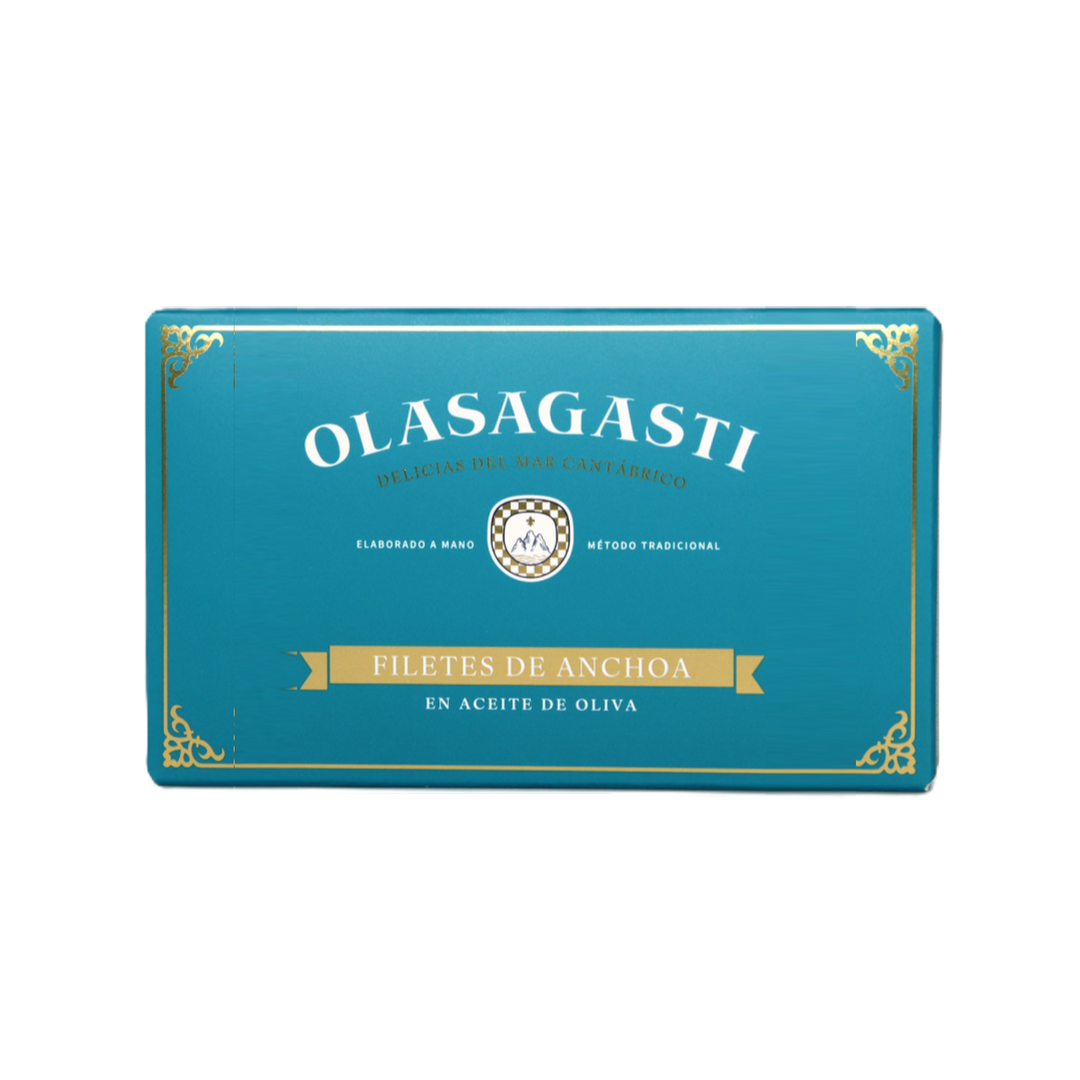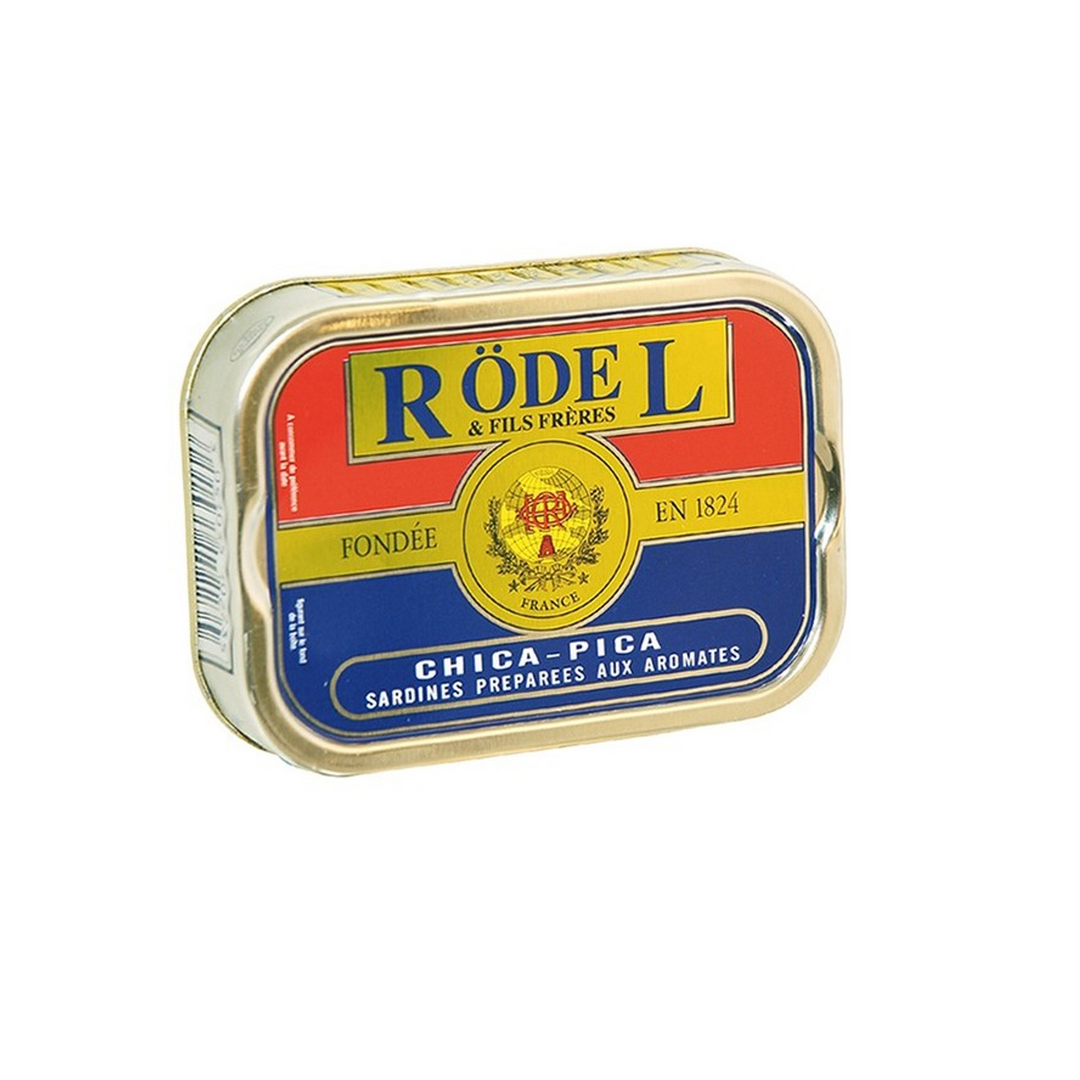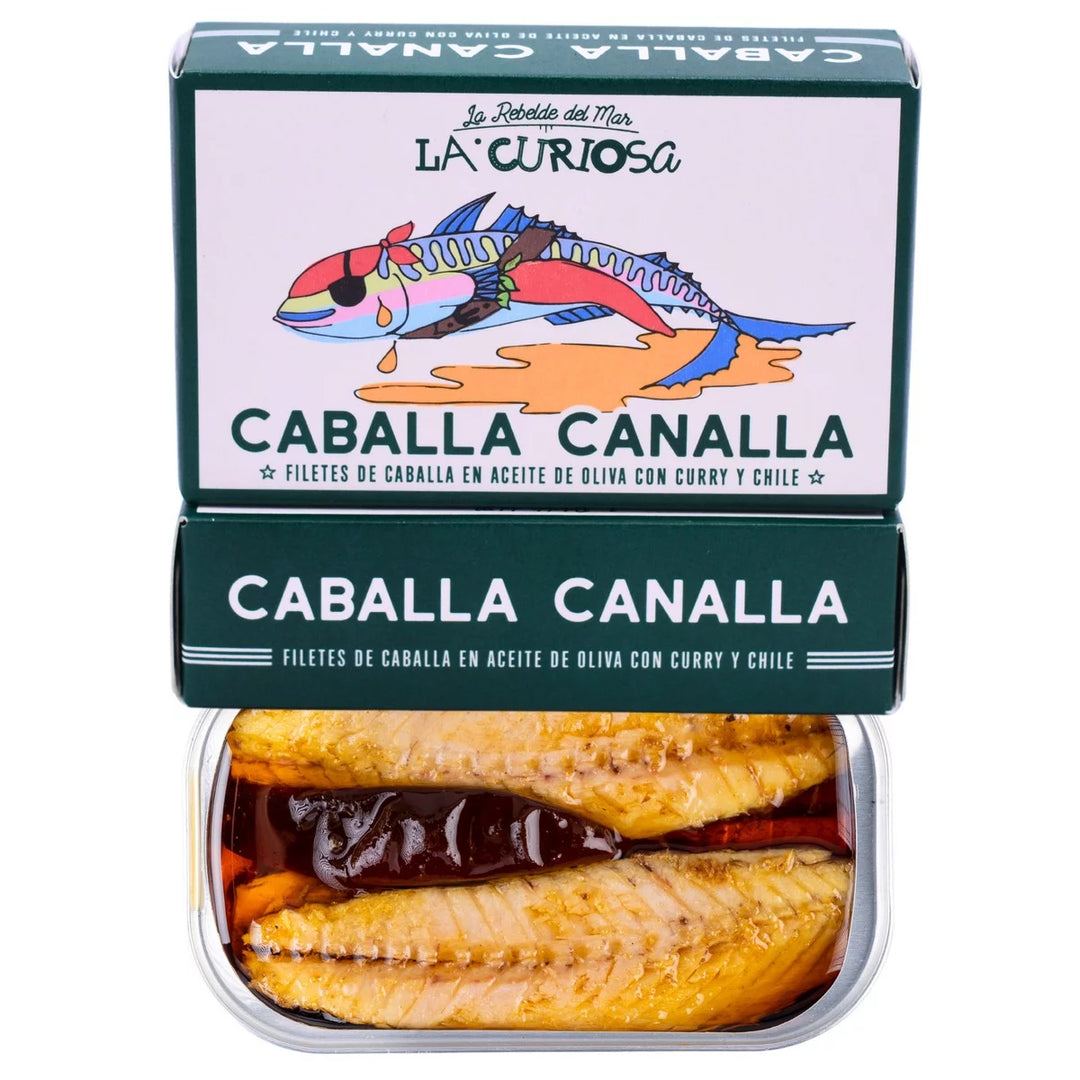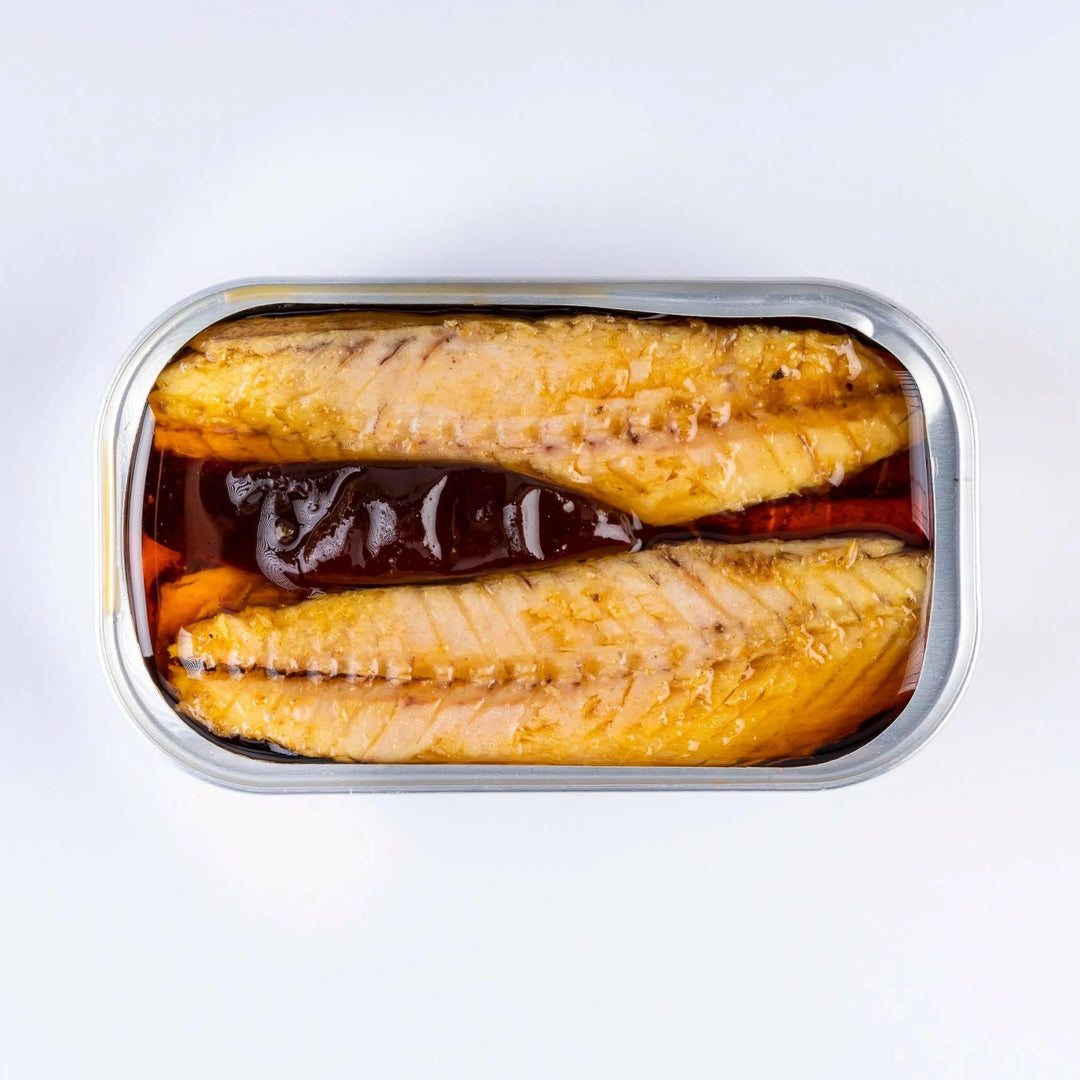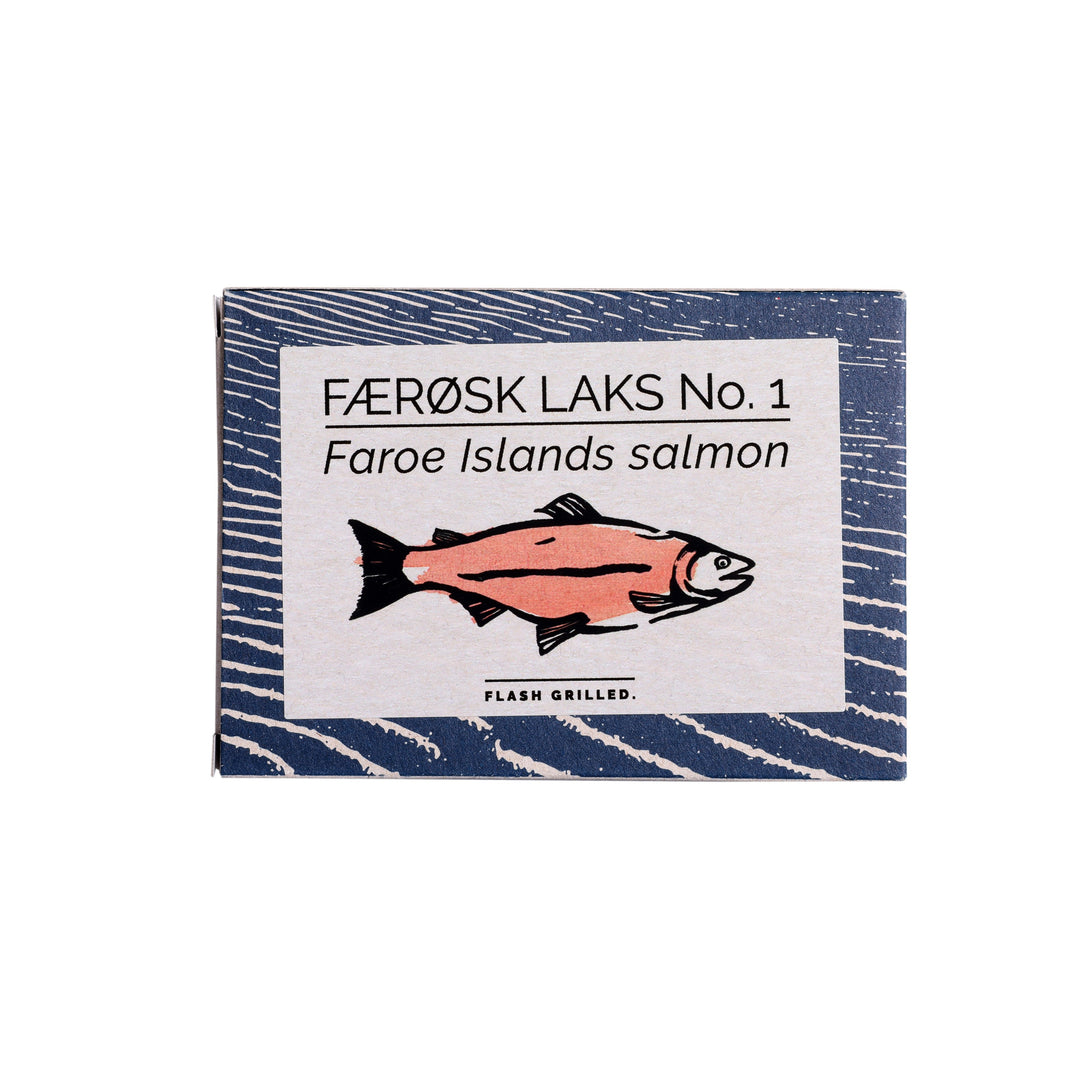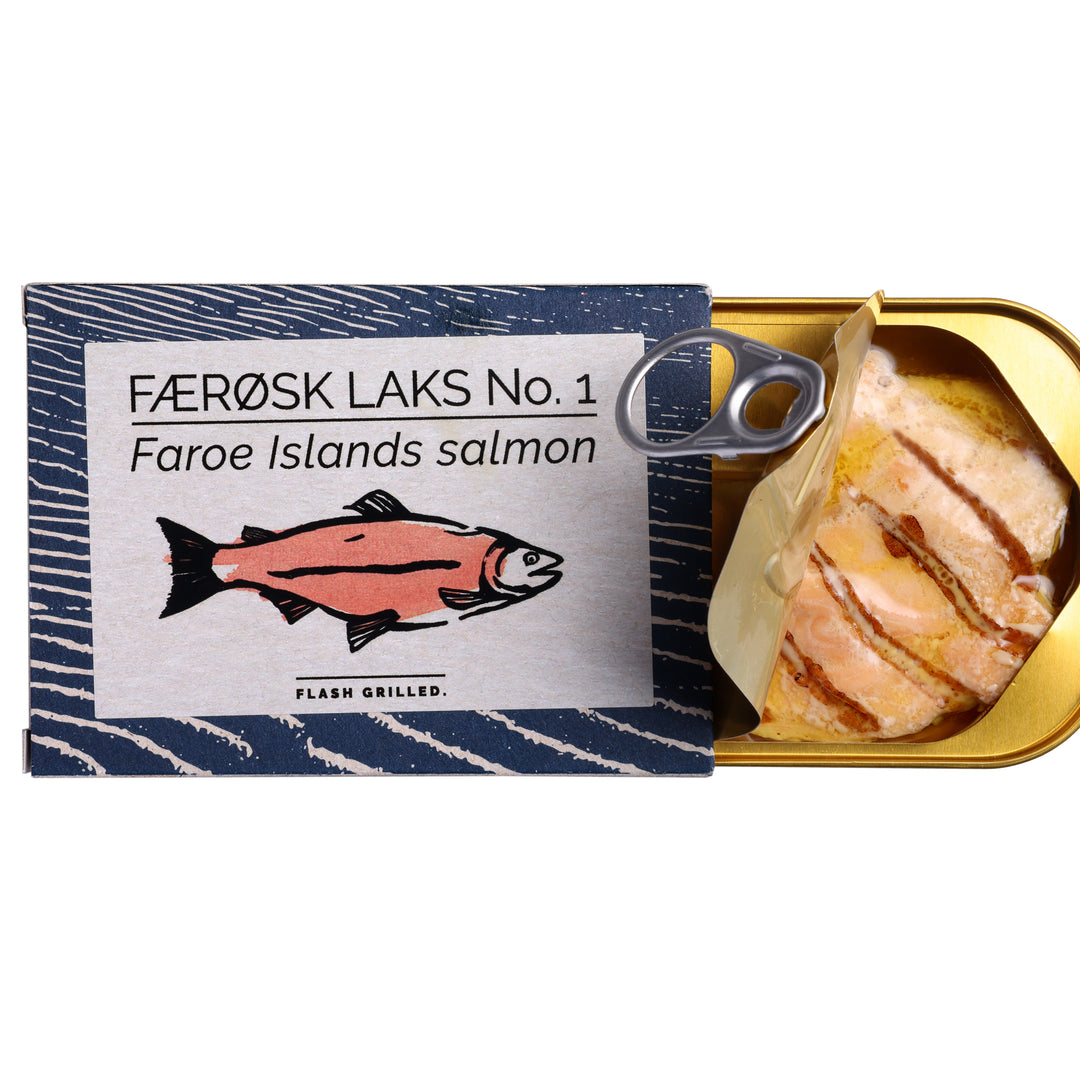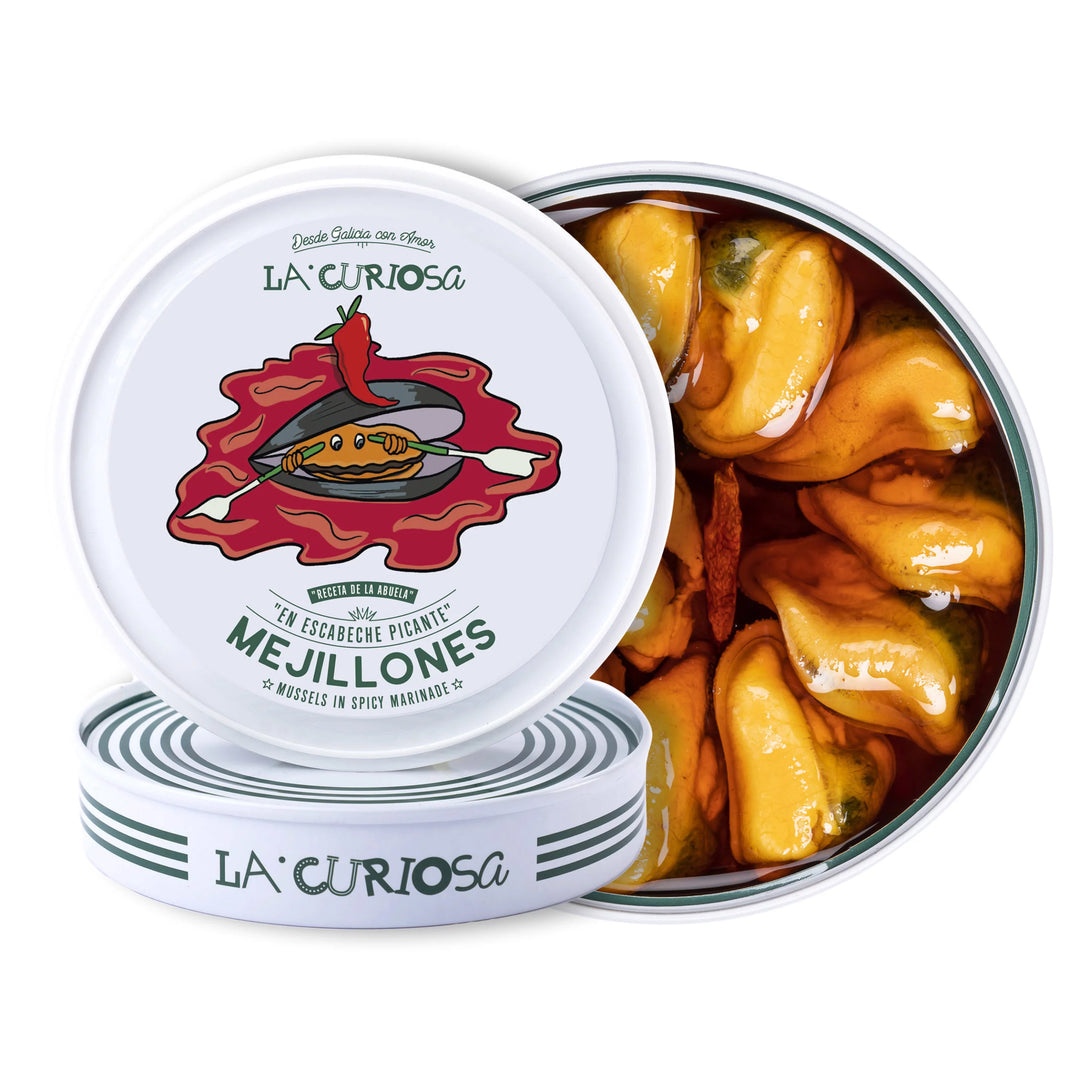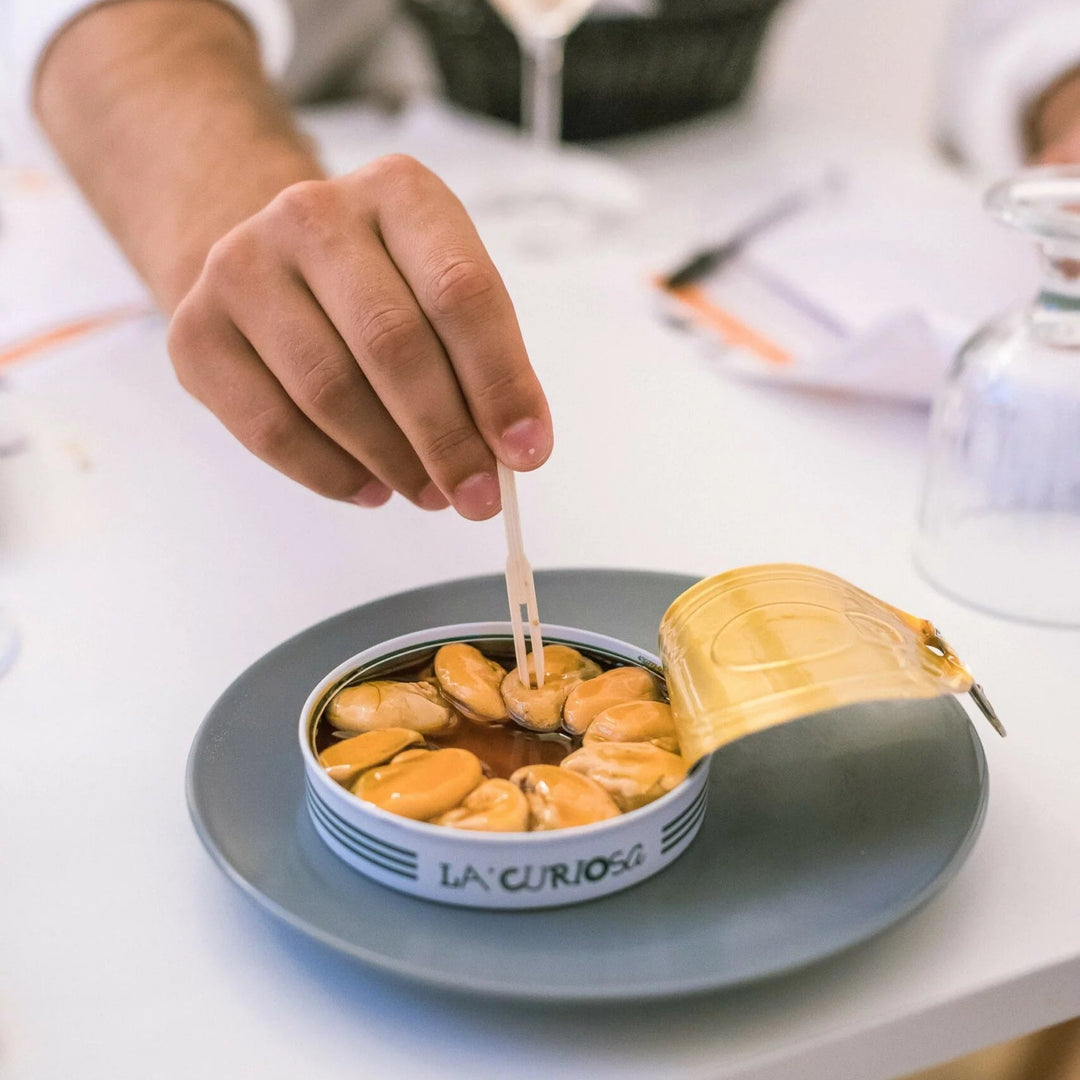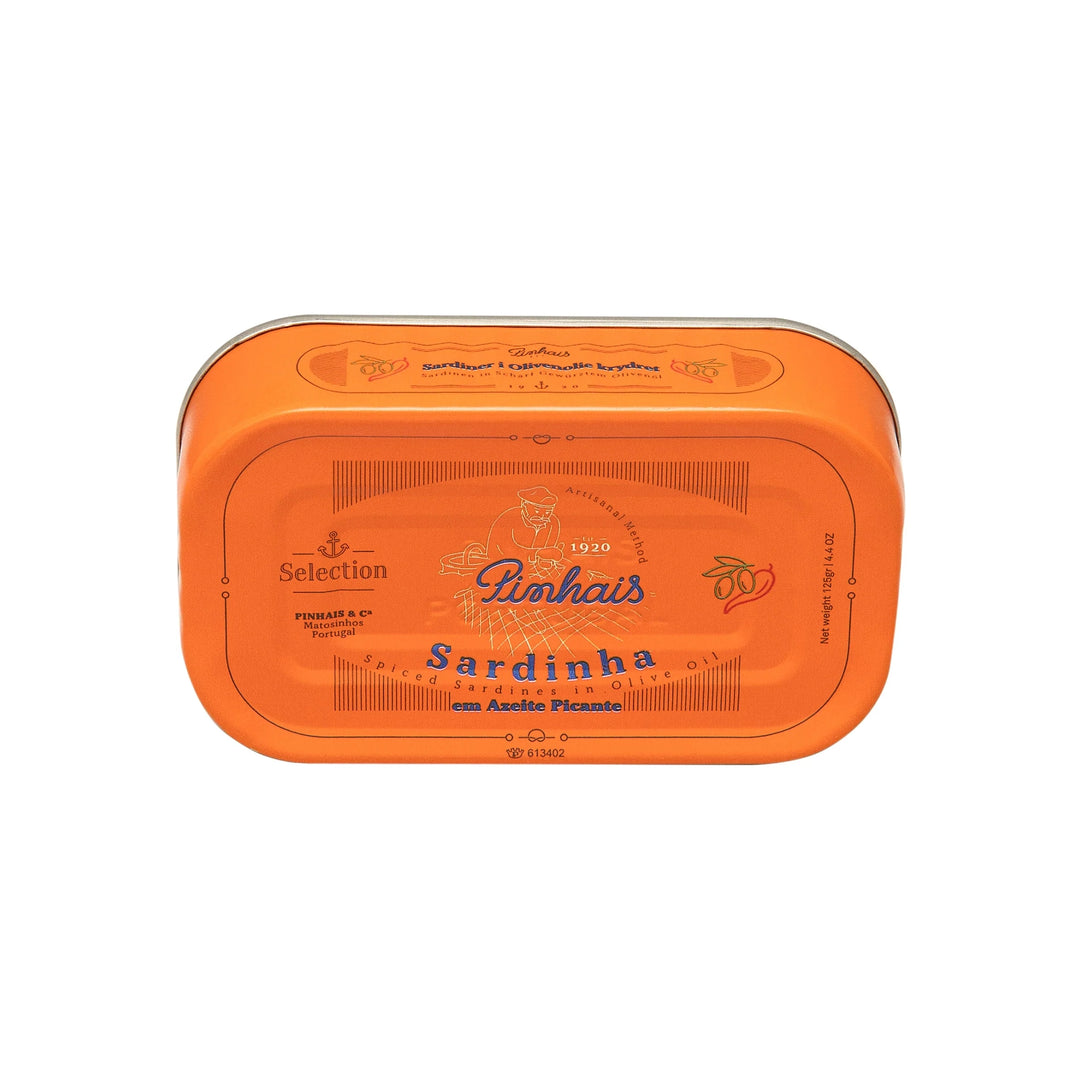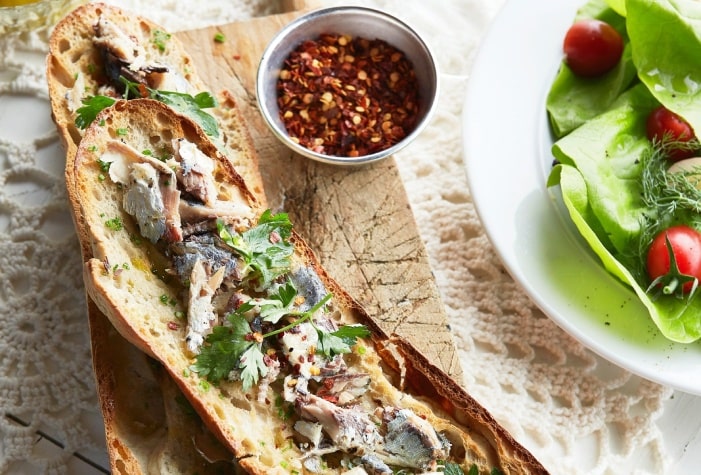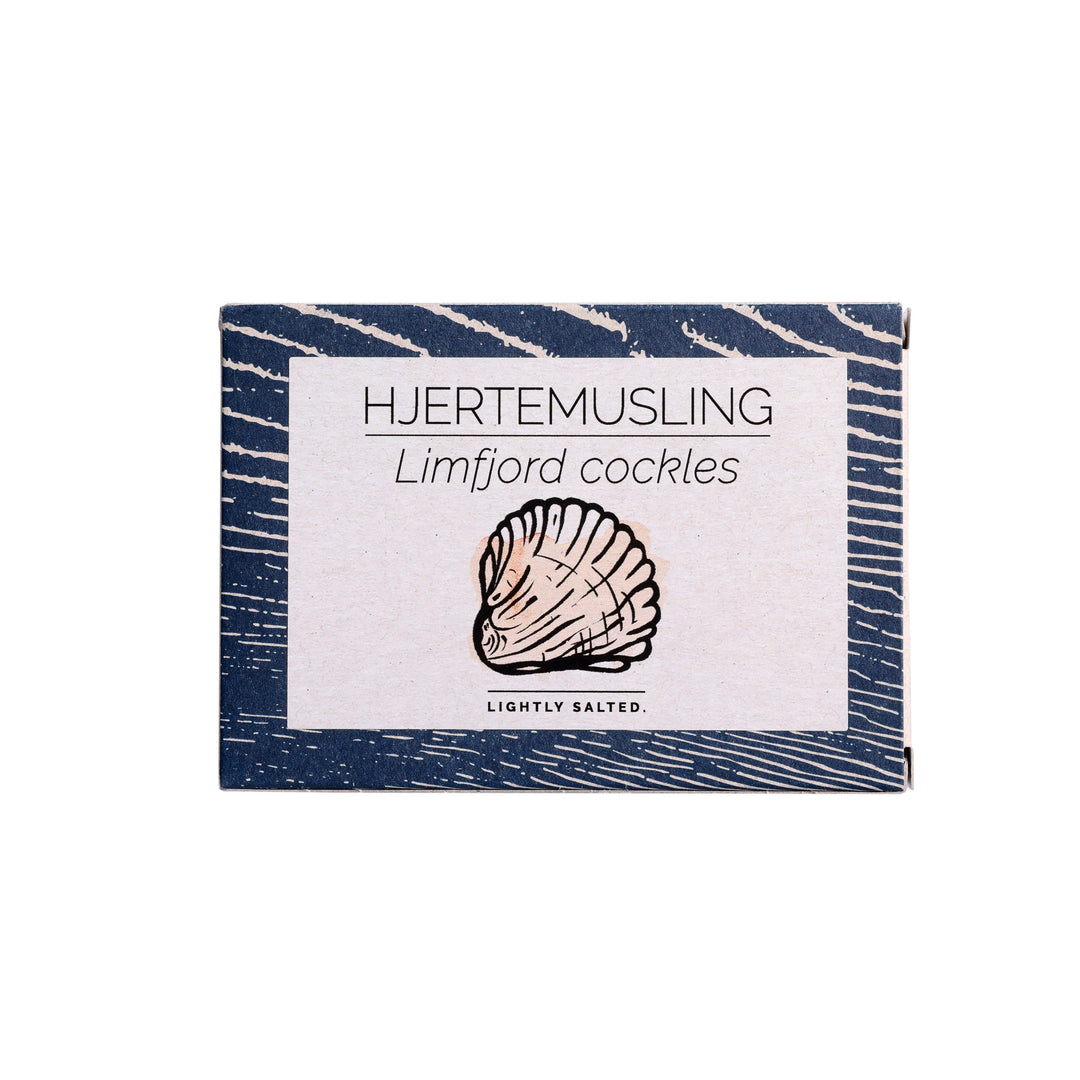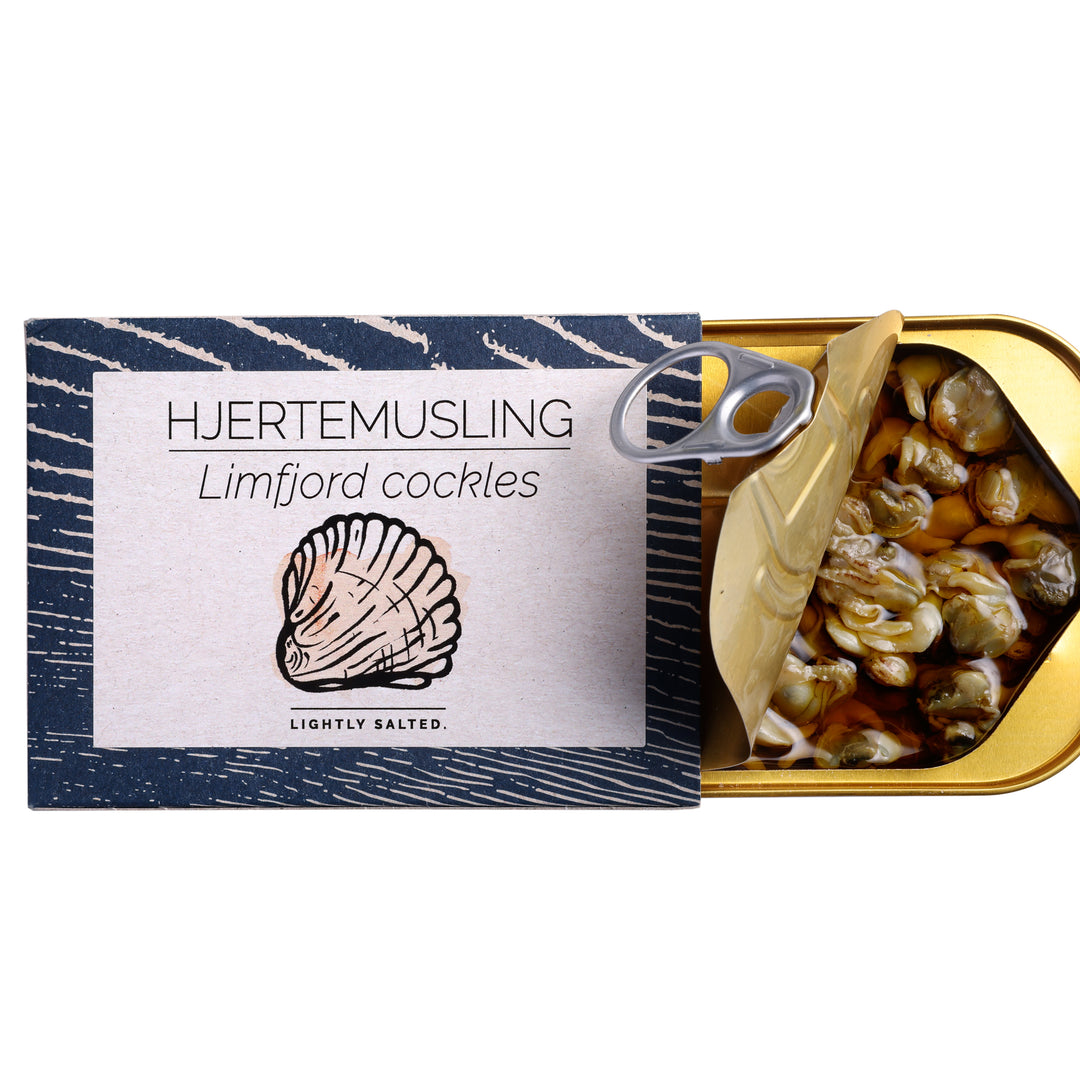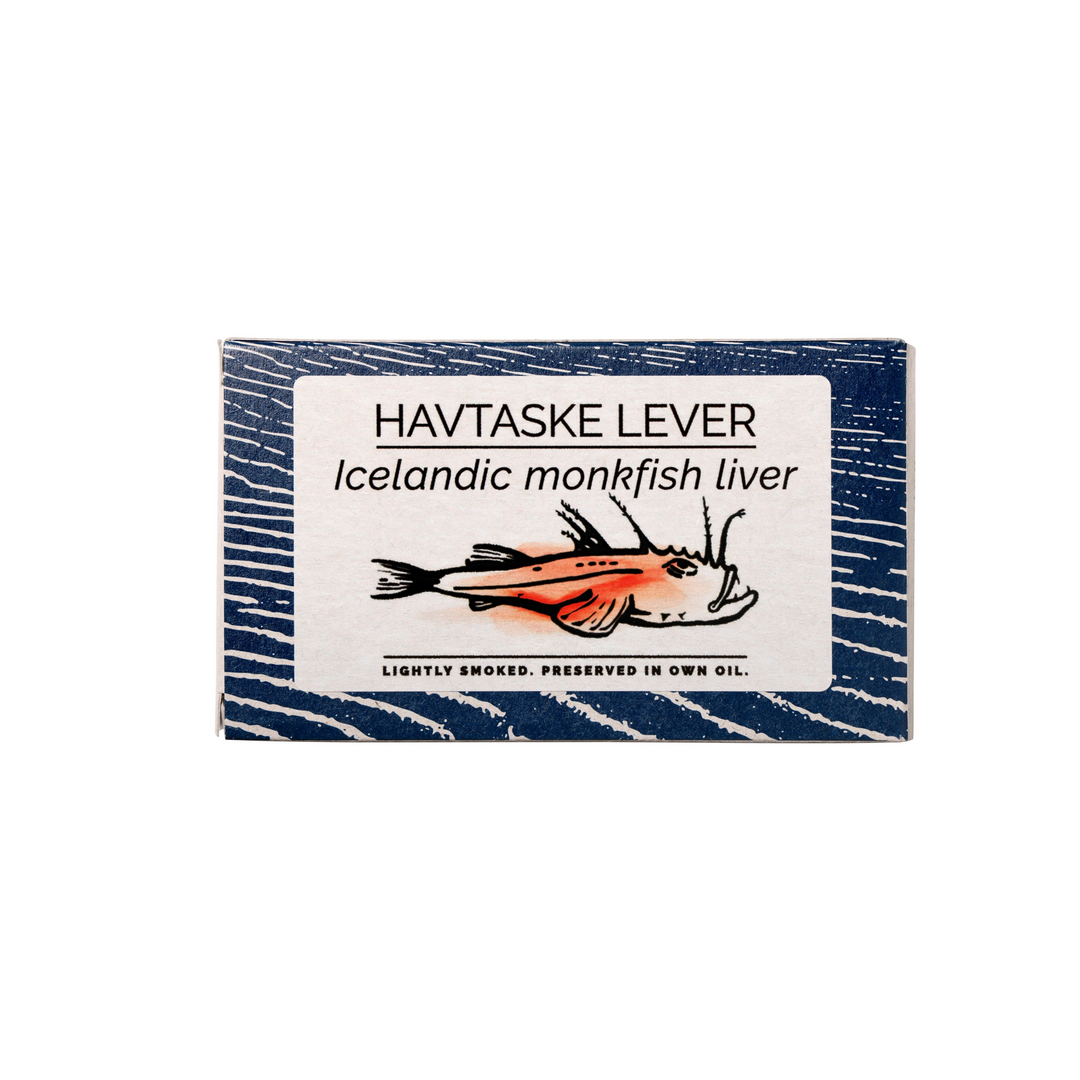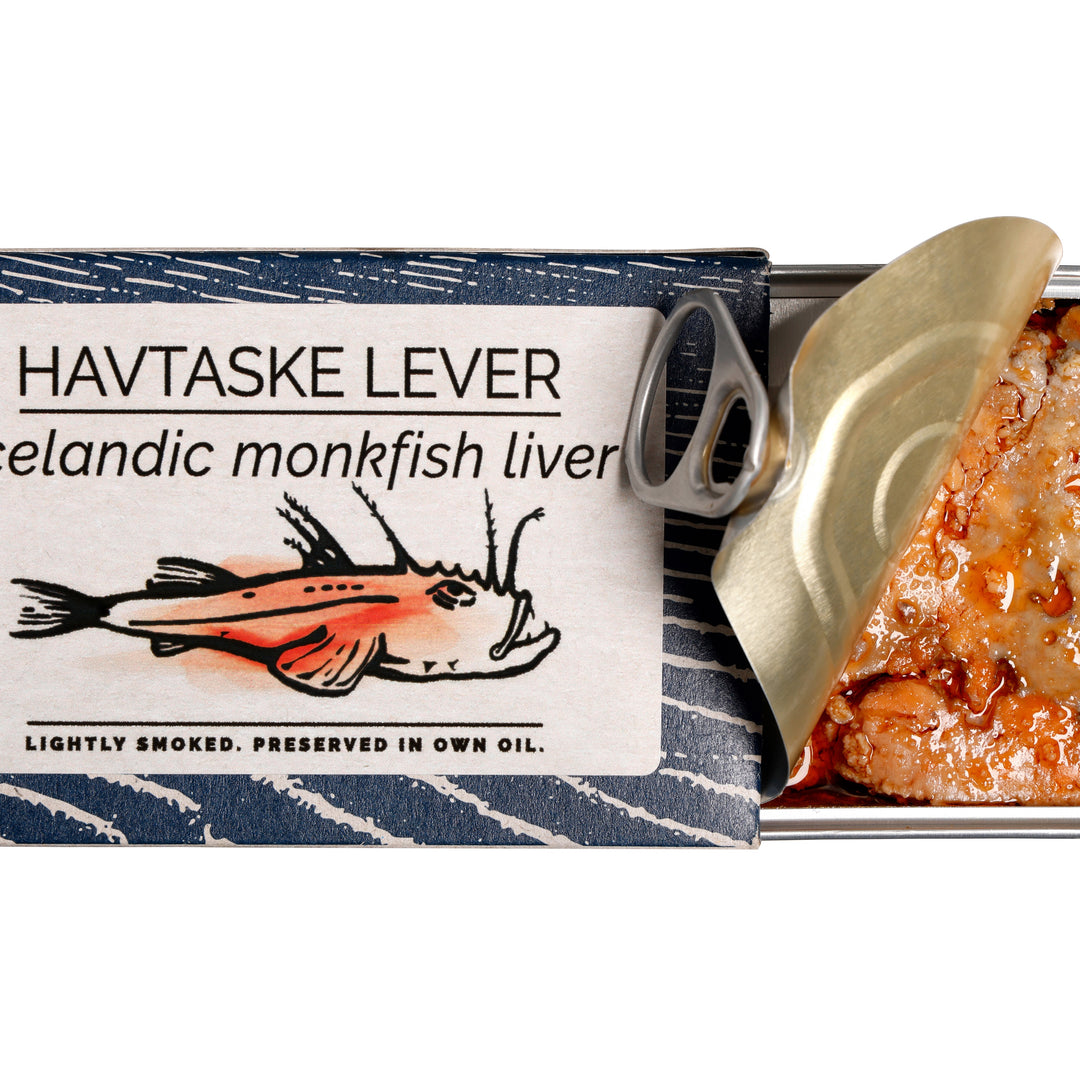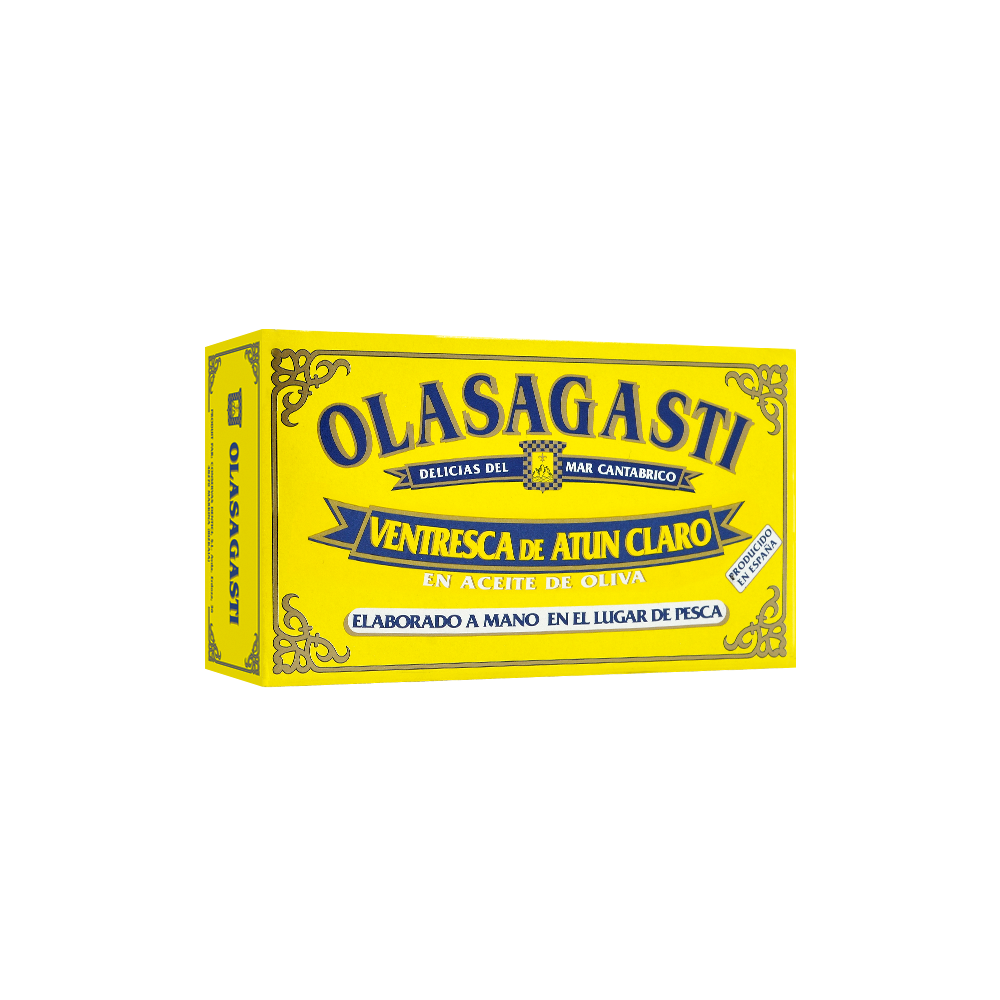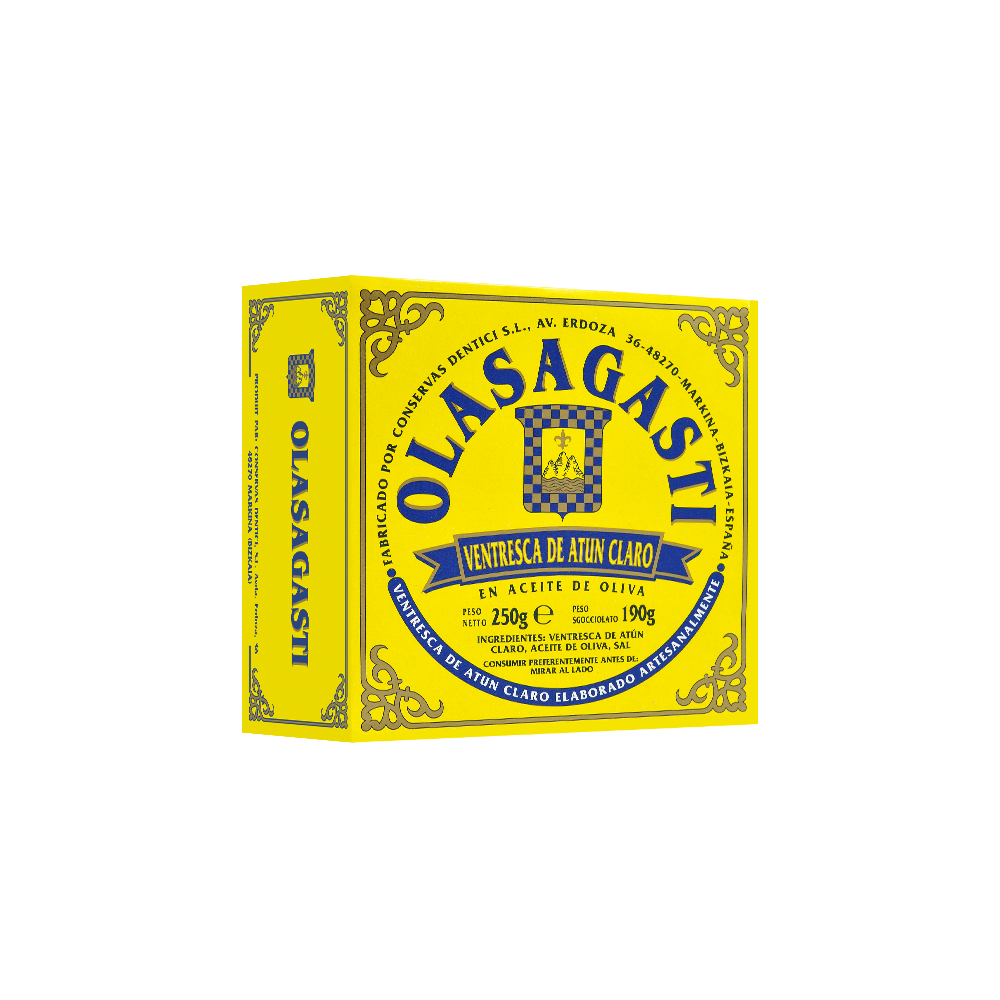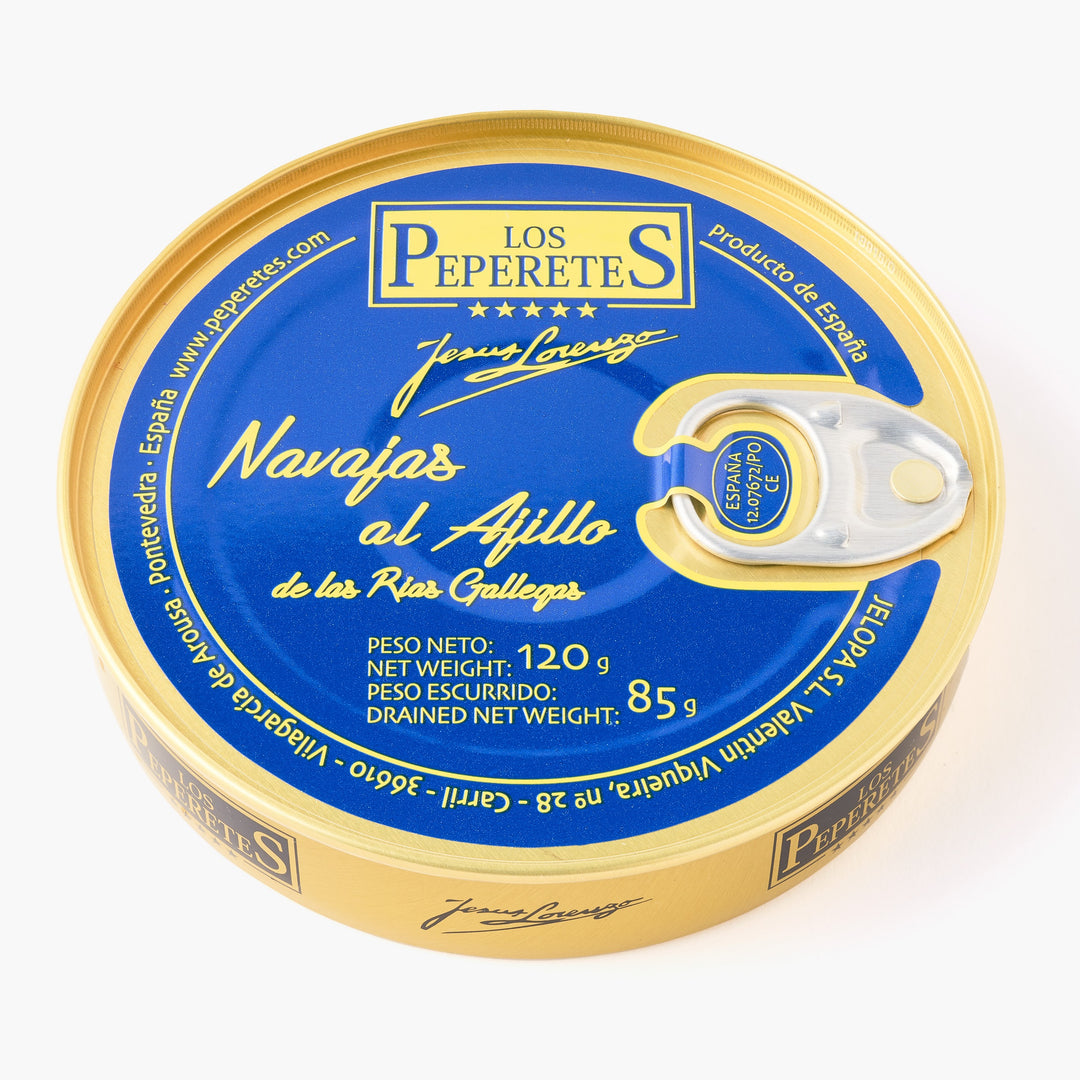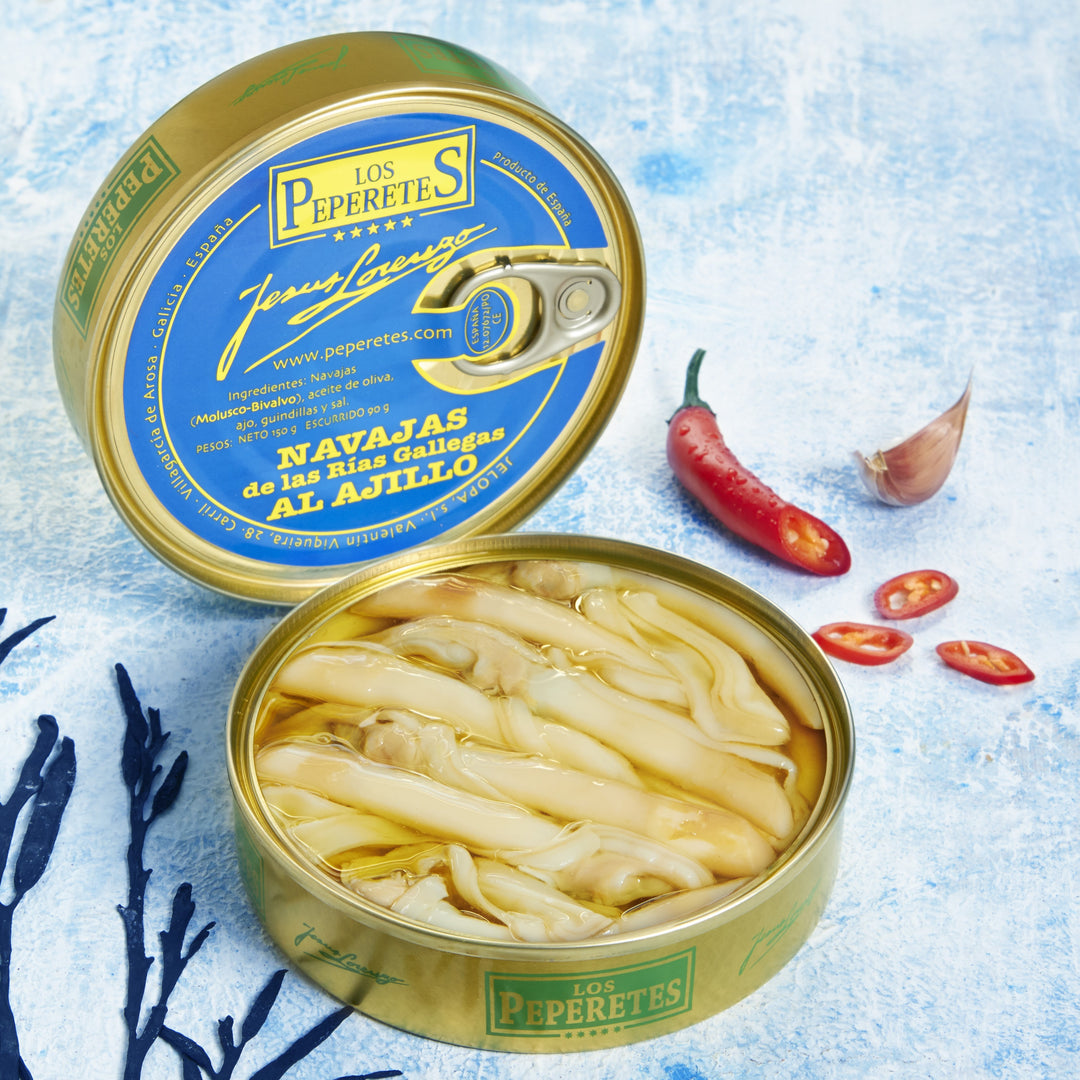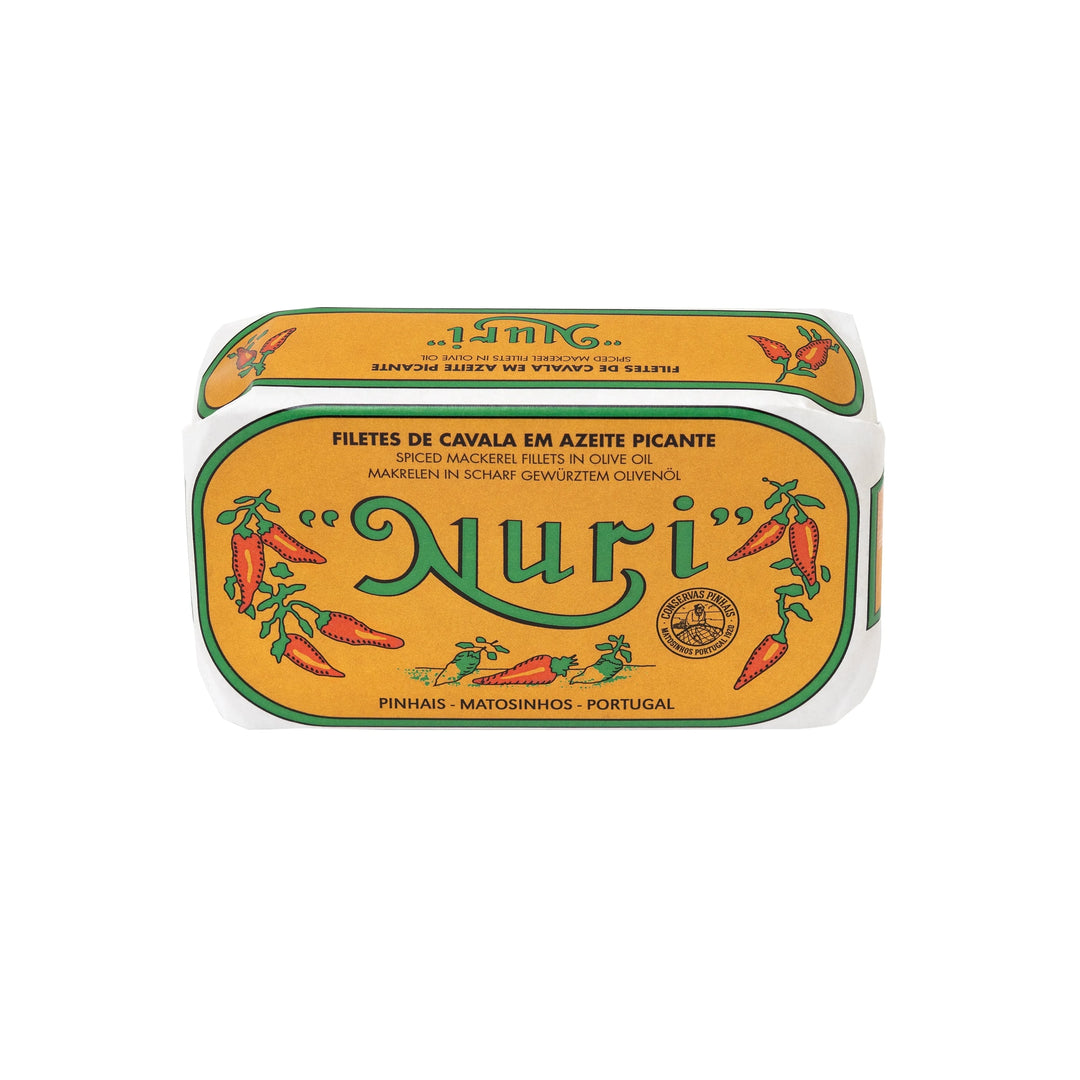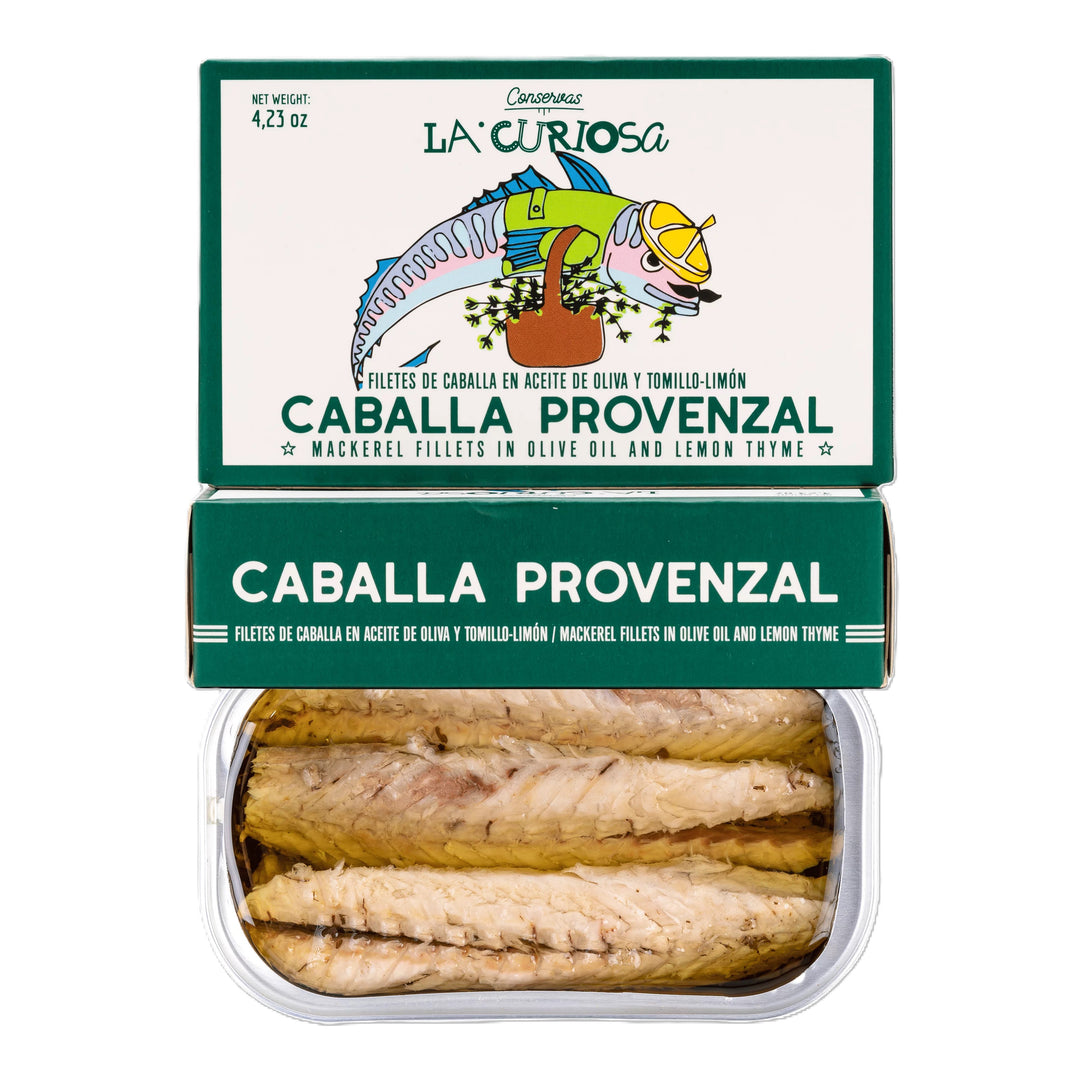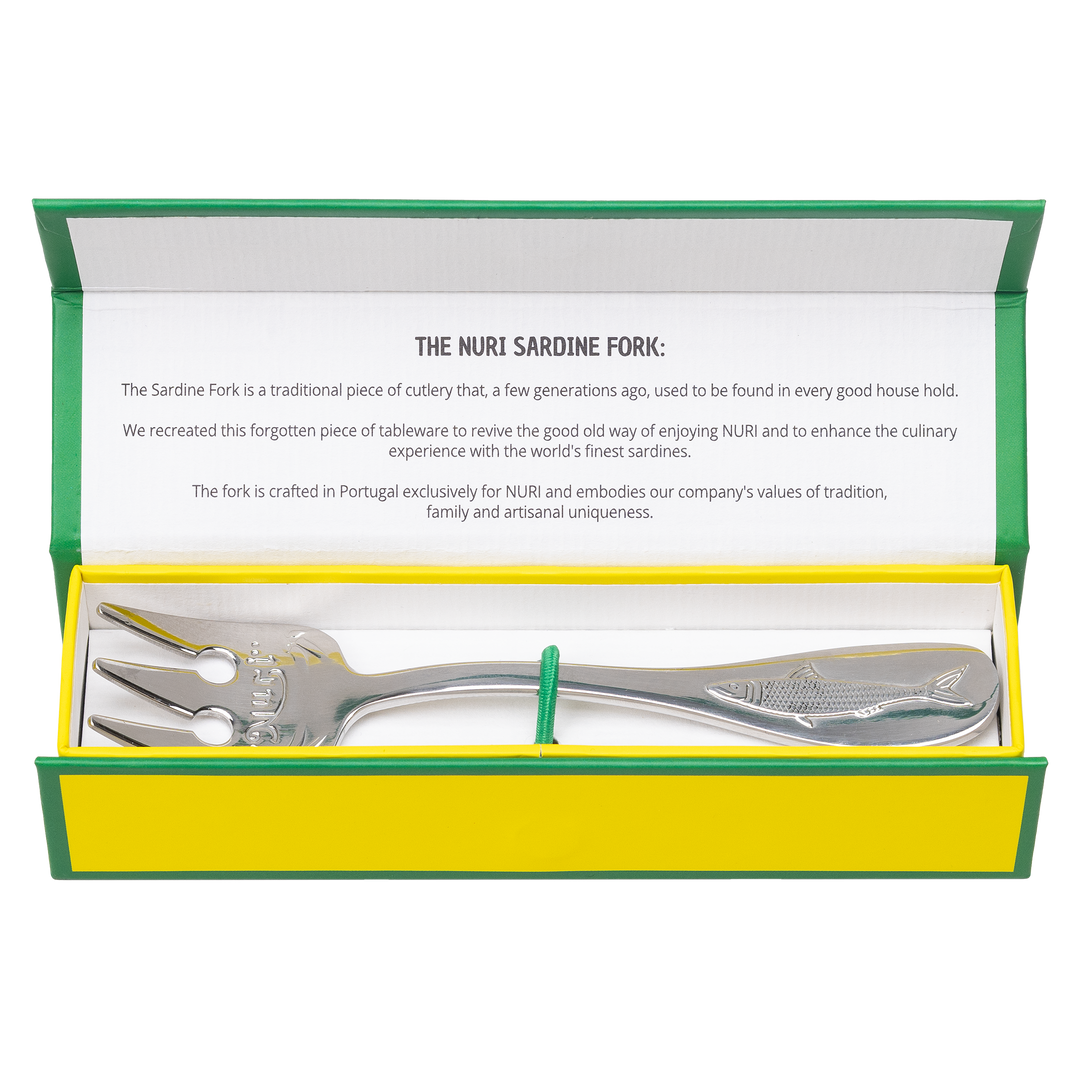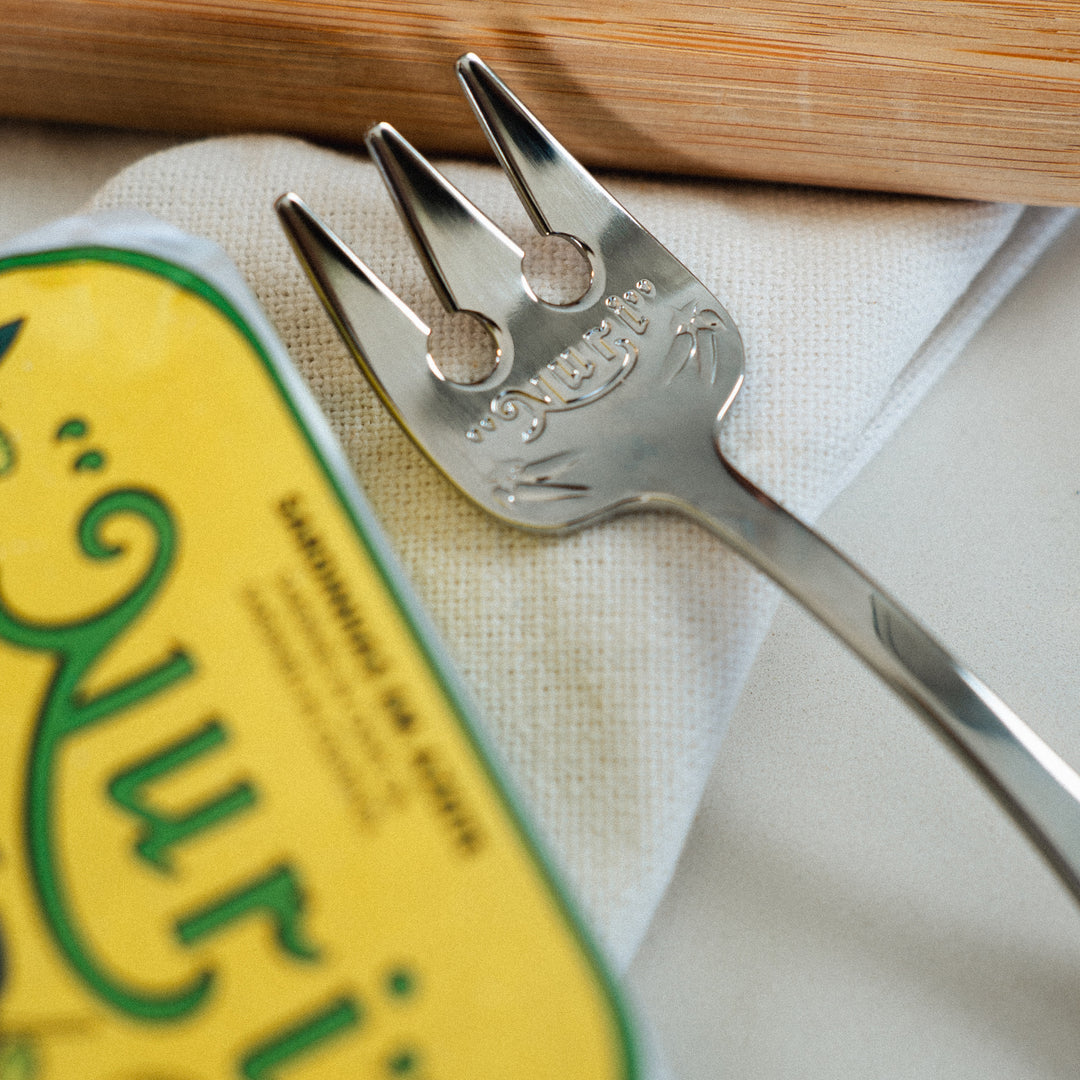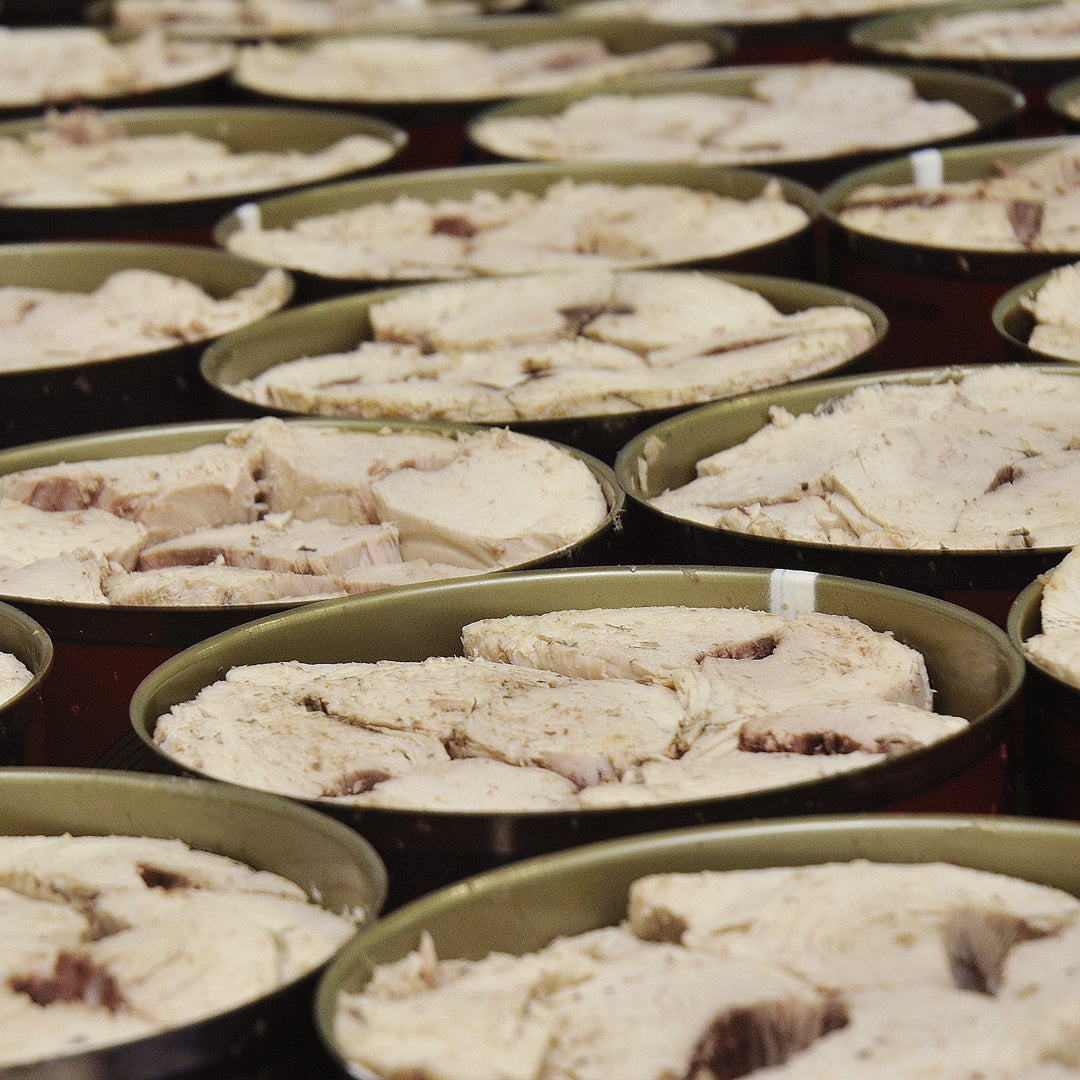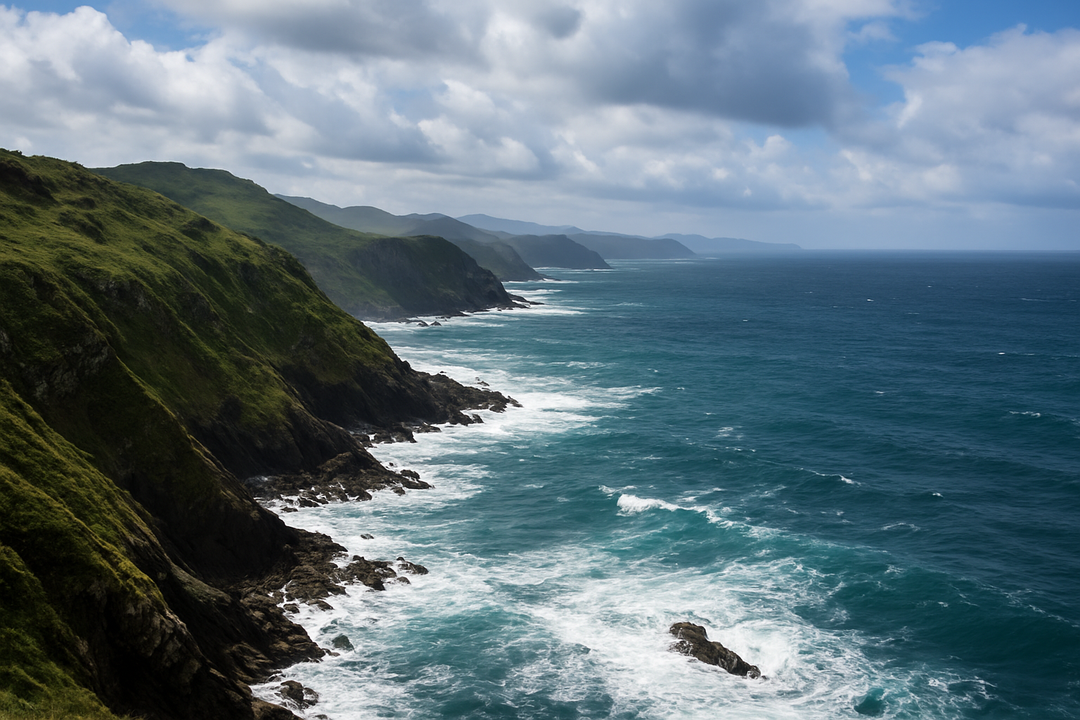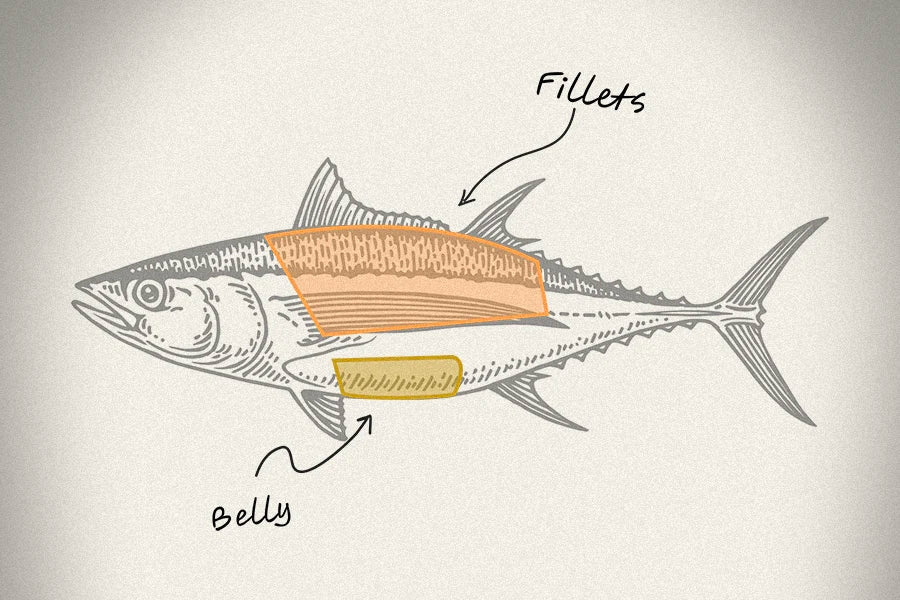The tinned fish industry, once sustained by predictable marine environments, is increasingly challenged by the accelerating effects of climate change. Global warming, rising sea levels, and shifts in ocean chemistry are reshaping marine ecosystems, forcing fish populations to adapt in unexpected ways.
Rising Sea Temperatures and Shifting Species
As the Earth's temperature rises, the warming of ocean waters creates significant disruptions in marine habitats. Species like sardines, mackerel, and anchovies, key in the tinned fish industry, that thrive in colder waters are now migrating northward or descending to deeper, cooler regions. These shifts affect ecosystems and traditional fisheries that have relied on steady, regional fish populations for decades. In many cases, this forces fishermen to travel farther to catch fish, increasing fuel costs and straining local economies. In contrast, some areas may witness an influx of new species due to warmer waters, causing unexpected shifts in local diets and fishing techniques.
For example, in the North Sea, species such as cod and haddock are declining as waters warm, leading to changes in fishing practices and the rise of new, previously uncommon species like squid and sardines. While these changes may open opportunities for new markets, they also introduce risks as traditional fish populations become less reliable, threatening the livelihoods of fishing communities tied to a specific type of catch.
Ocean Acidification’s Impact on Marine Life
Beyond temperature increases, climate change is causing the oceans to absorb higher levels of carbon dioxide, resulting in ocean acidification. This increase in acidity is particularly damaging to shellfish like oysters, clams, and mussels, which rely on calcium carbonate to build their shells. As acid levels rise, their ability to form shells is compromised, making them more vulnerable to disease and predation. This directly impacts the seafood industry, which relies heavily on healthy shellfish populations for both local markets and export.
For example, shellfish farmers on the U.S. West Coast have faced devastating losses as acidified waters damage their oyster crops. Hatcheries in the region have reported mortality rates as high as 80% in oyster larvae, leading to reduced production and financial hardship for many coastal communities. Ocean acidification also threatens coral reefs, which are critical to many fish species as breeding grounds and shelters. As reefs degrade, the marine biodiversity they support diminishes, reducing the overall abundance and variety of fish in the ecosystem.
Disruptions to Fishing Seasons and Weather Patterns
Another effect of climate change on the seafood industry is the growing unpredictability of weather patterns. Severe storms, stronger winds, and shifting currents have made fishing more dangerous and less predictable. Storms can cause damage to boats and gear, delay fishing seasons, and even wipe out entire catches. For small-scale fishers who depend on consistent weather patterns, this can lead to significant financial losses and strain.
Moreover, these changes are not just affecting the open seas. Coastal fisheries, which provide livelihoods for millions of people worldwide, are increasingly at risk. Rising sea levels are causing coastal erosion, threatening fishing communities, and impacting the infrastructure that supports the seafood industry, such as ports and processing facilities.
The Urgent Need for Sustainable Practices
In response to these challenges, many in the seafood industry are turning toward more sustainable practices to safeguard their future. Sustainable fishing methods, such as limiting overfishing, protecting vulnerable species, and reducing bycatch, are becoming more important as marine environments become more fragile. Additionally, aquaculture, or fish farming, is gaining prominence as a way to meet global seafood demand without further depleting wild fish stocks. However, even aquaculture is not immune to climate change, as rising temperatures can affect farmed fish populations and lead to the spread of disease.
Governments and international organizations are also stepping in, setting quotas and regulations to protect marine ecosystems and promote responsible fishing. The United Nations' Sustainable Development Goal 14 aims to conserve and sustainably use the oceans, seas, and marine resources, highlighting the importance of collaborative efforts in tackling climate change’s impacts on the ocean.
In conclusion, climate change is reshaping the seafood industry in profound ways. Rising sea temperatures, ocean acidification, and unpredictable weather patterns are threatening marine ecosystems and the livelihoods of those who depend on them. As the industry navigates these challenges, sustainable practices and forward-thinking policies will be crucial to ensuring a future where seafood remains a vital and sustainable food source.
Image by freepik
